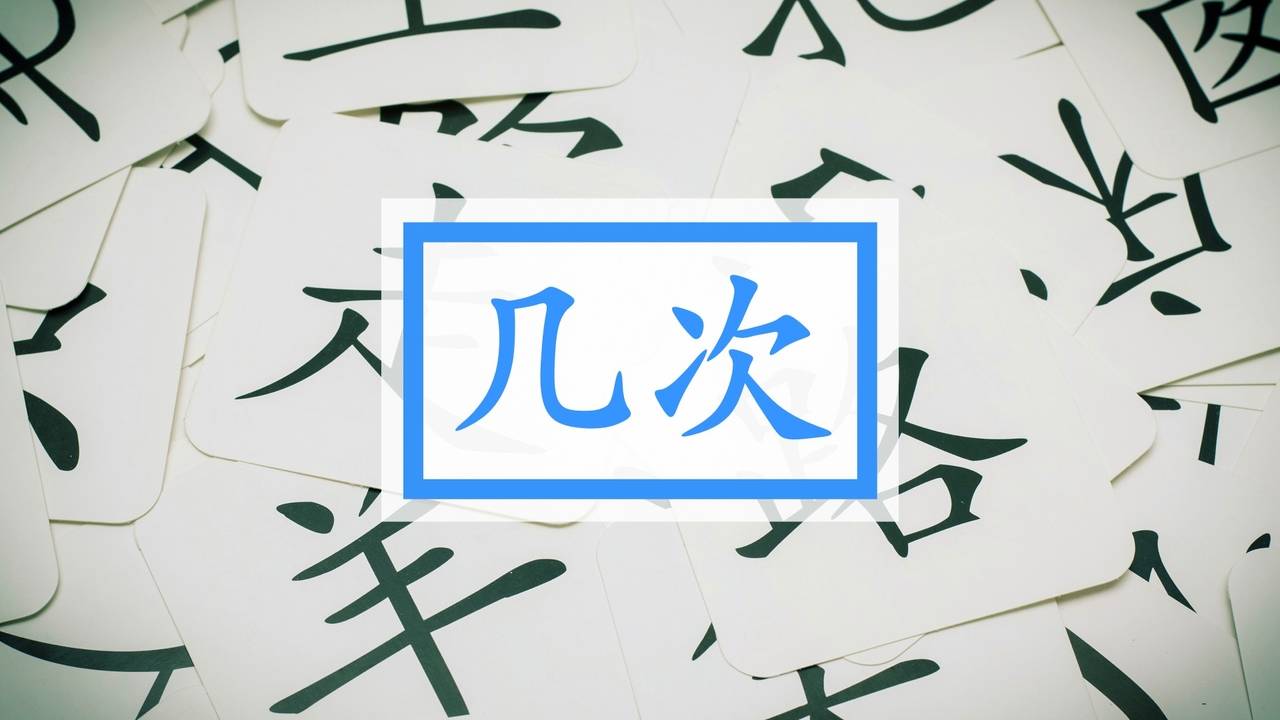
Level 35 - Vocab in Context
39 Lessons
1
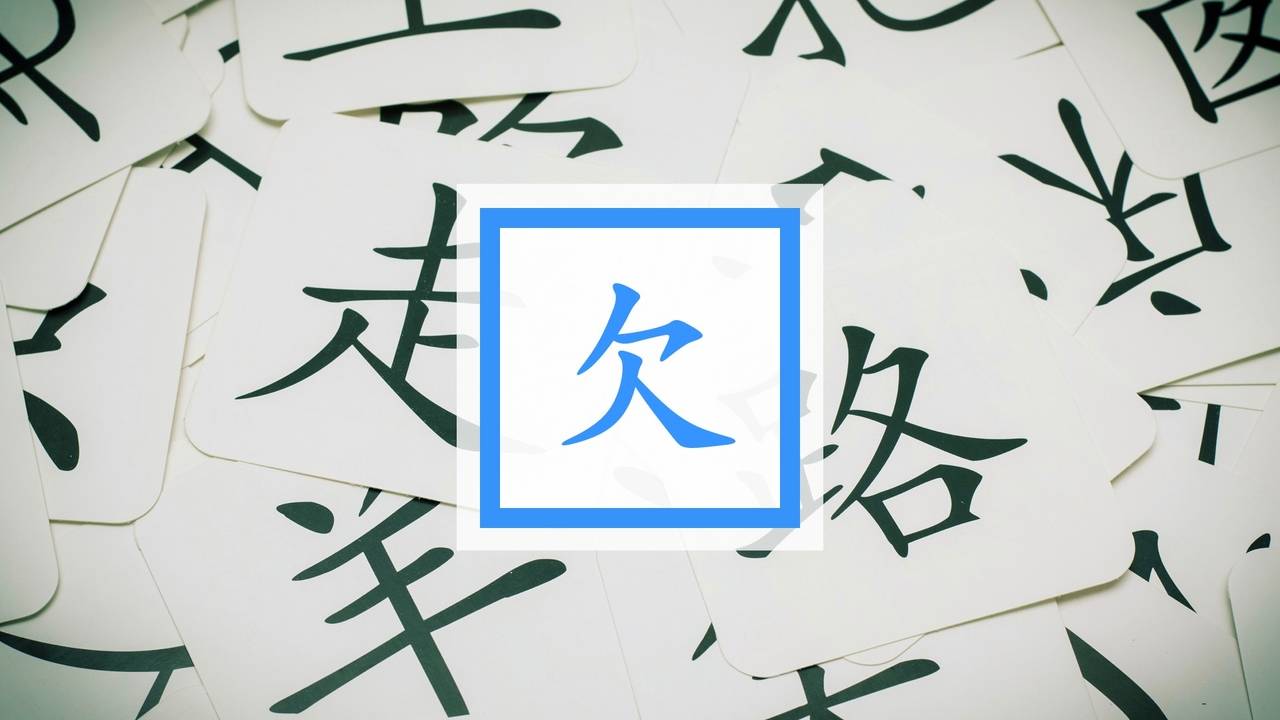
欠 in Context
2
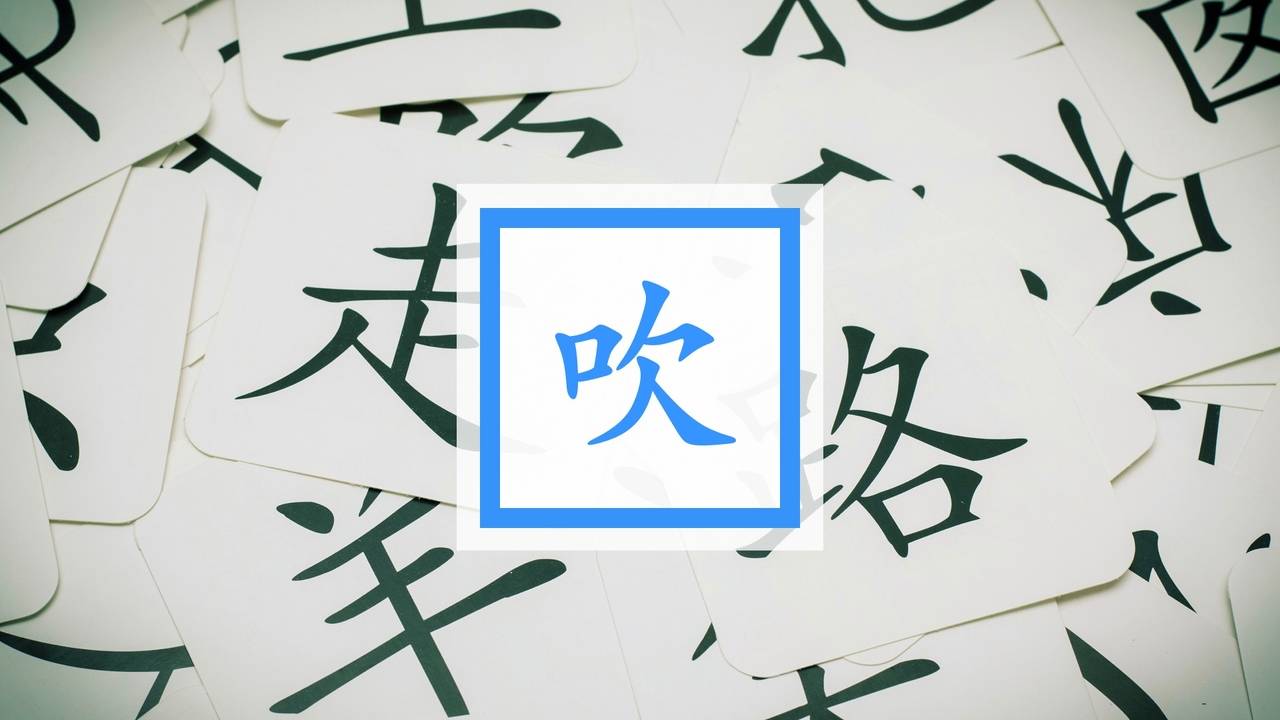
吹 in Context
3
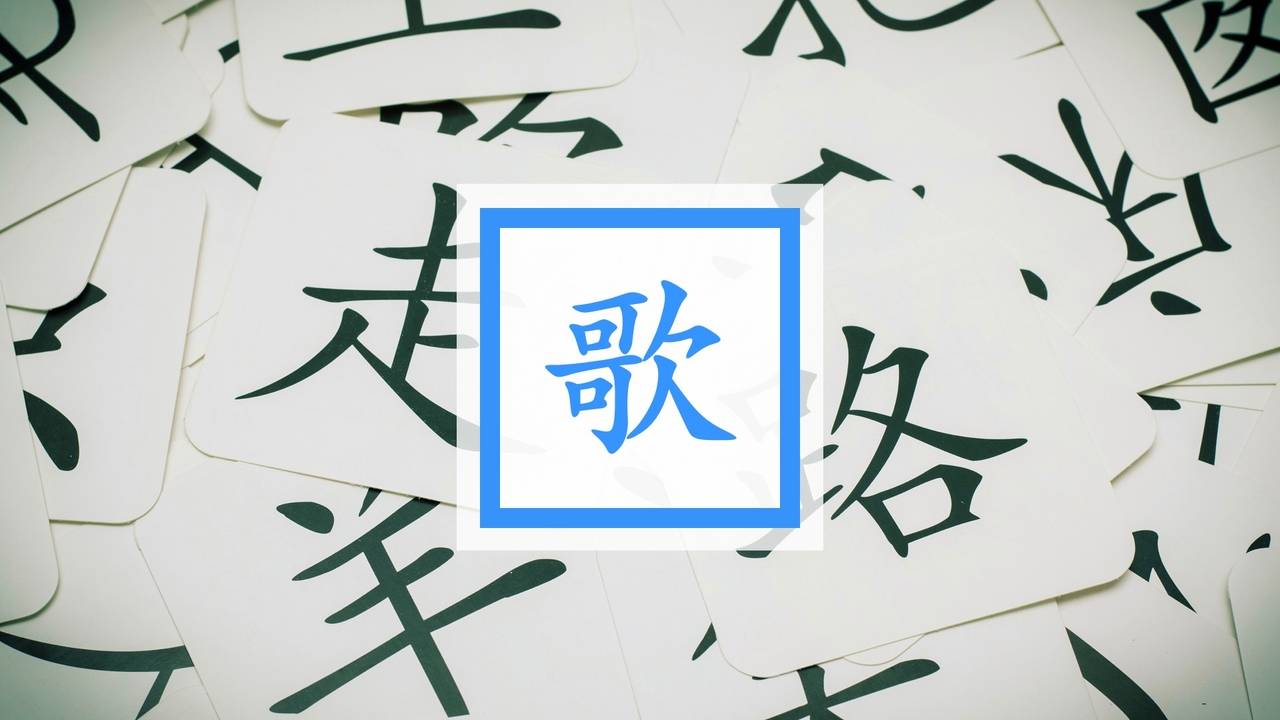
歌 in Context
4
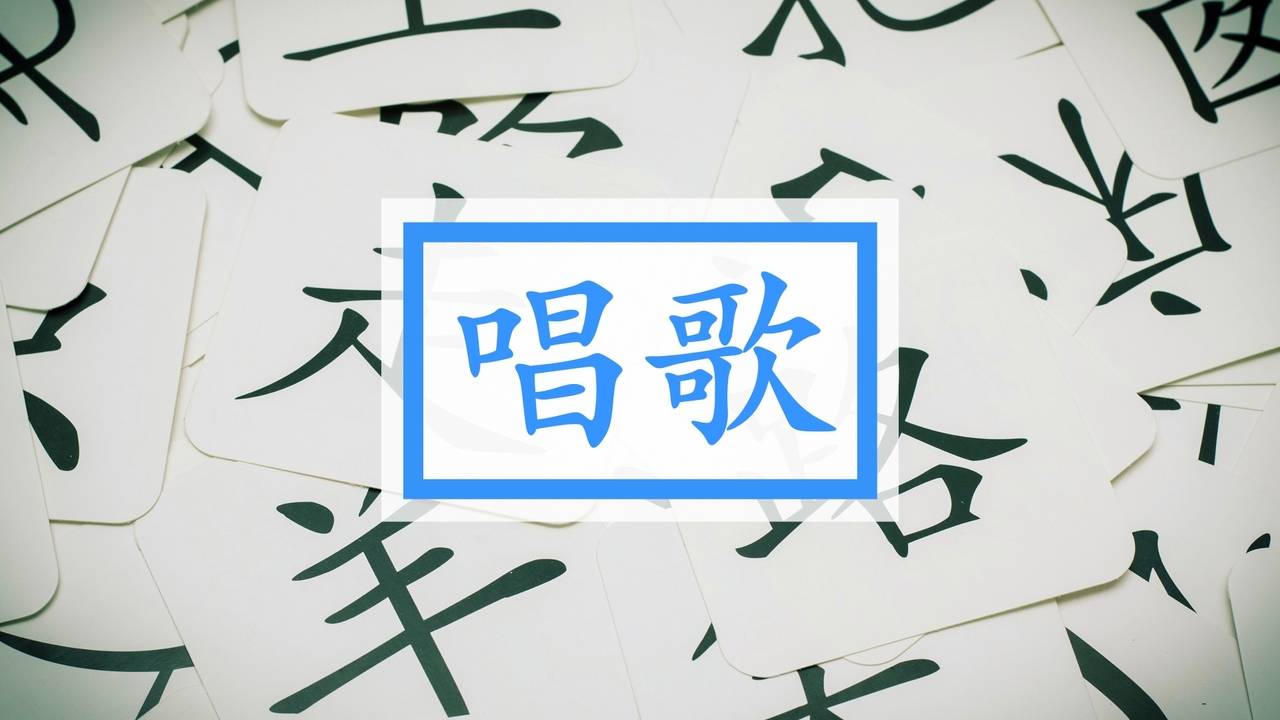
唱歌 in Context
5
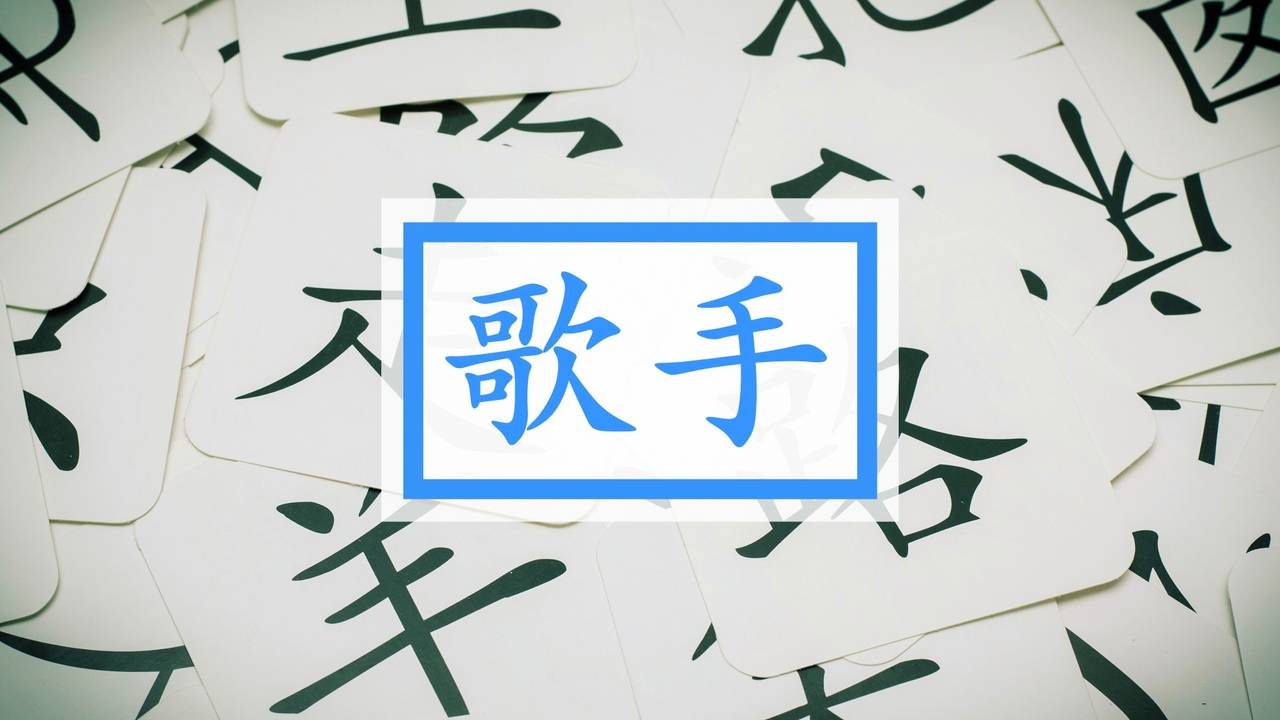
歌手 in Context
6
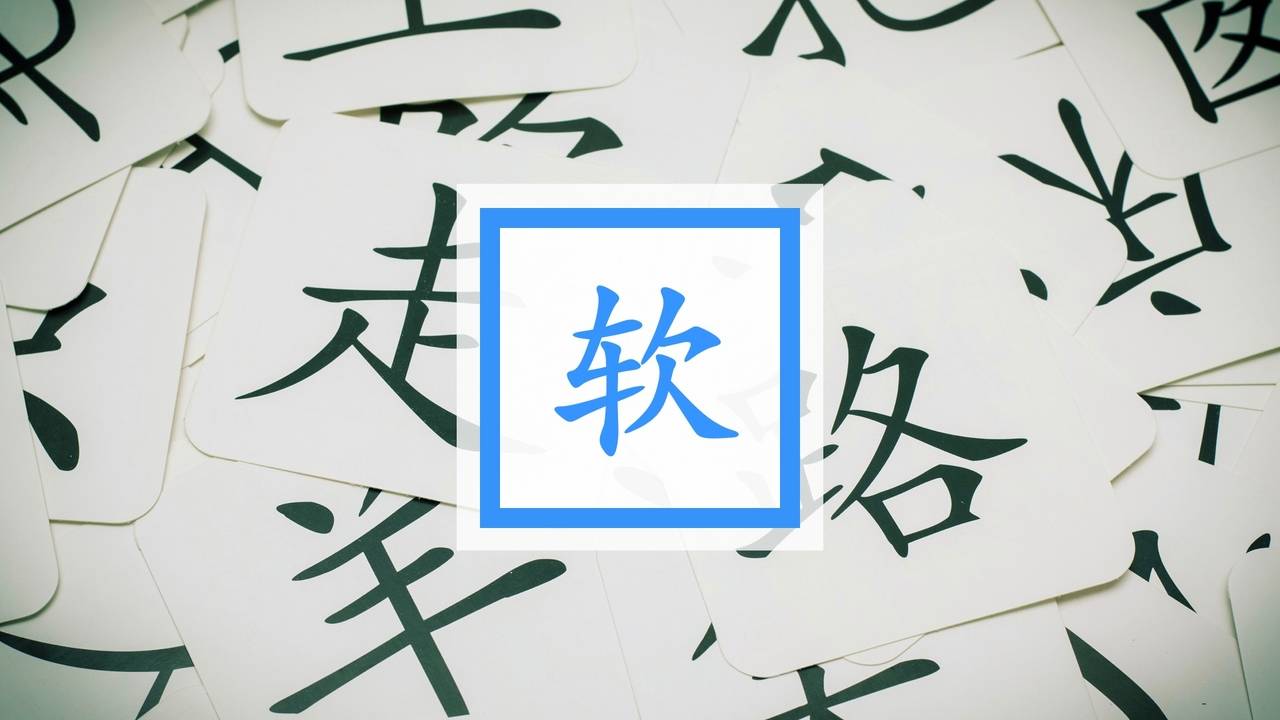
软 in Context
7
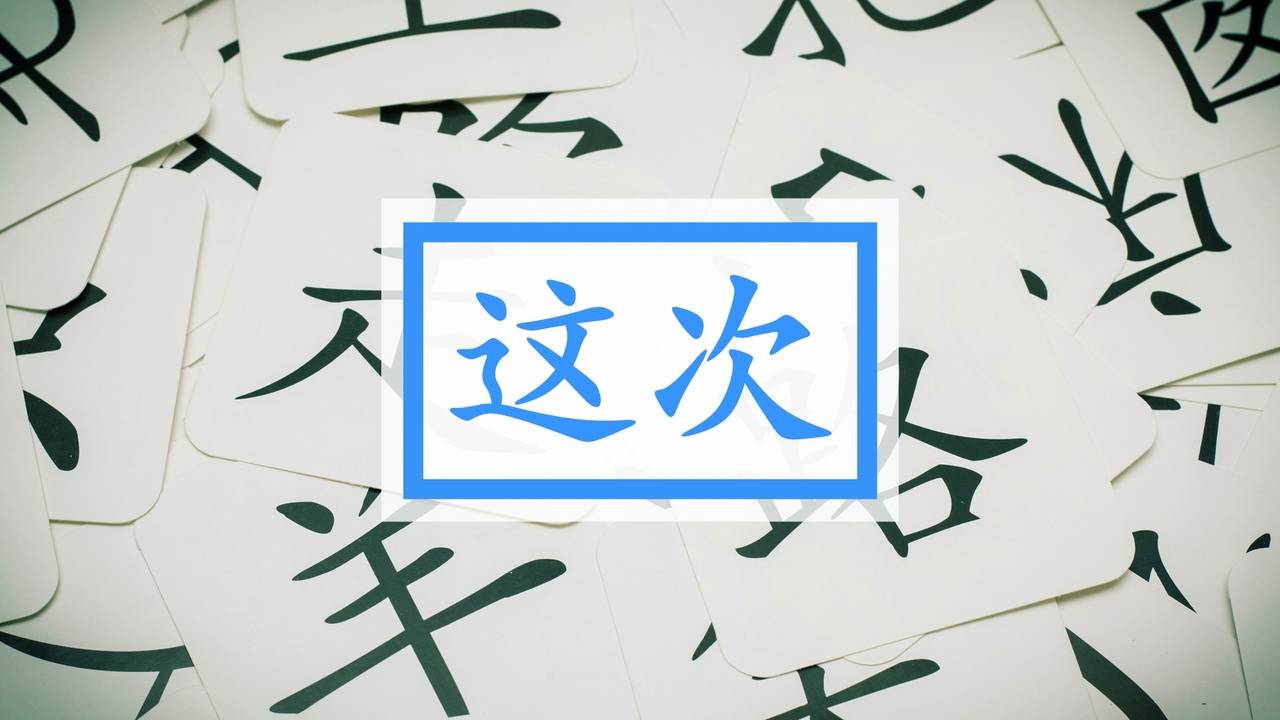
这次 in Context
8

那次 in Context
9
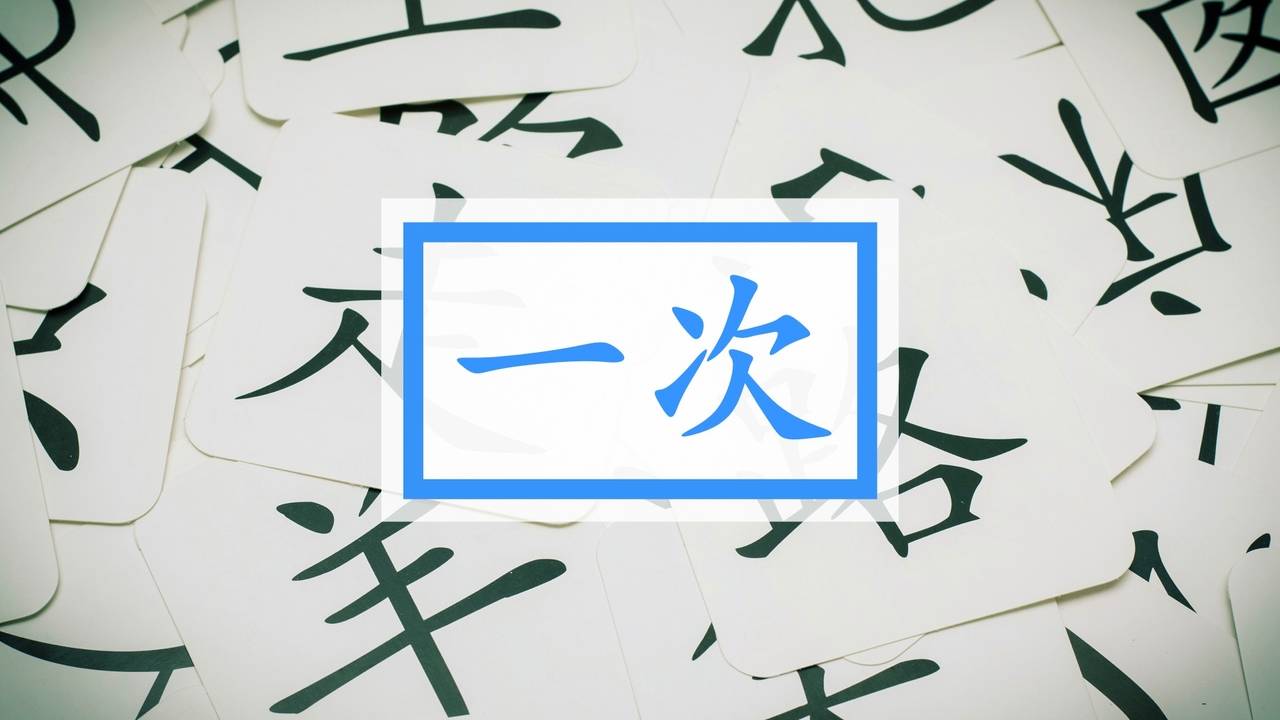
一次 in Context
10
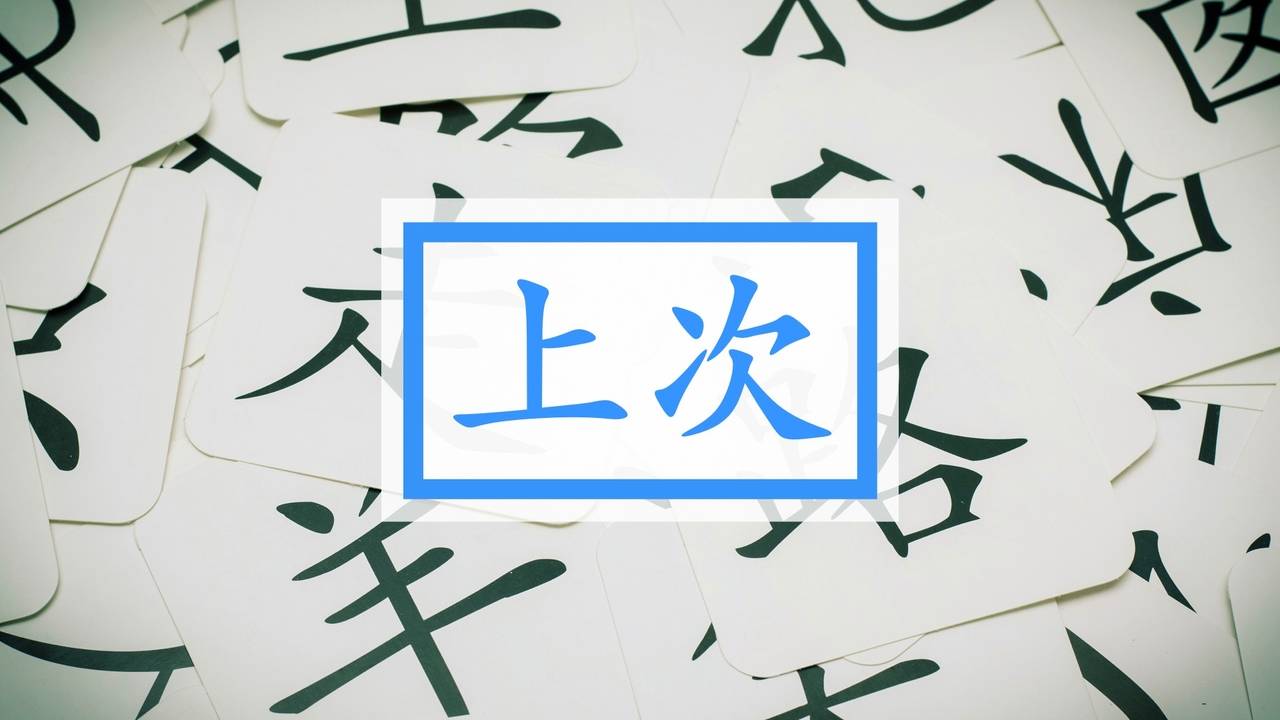
上次 in Context
11
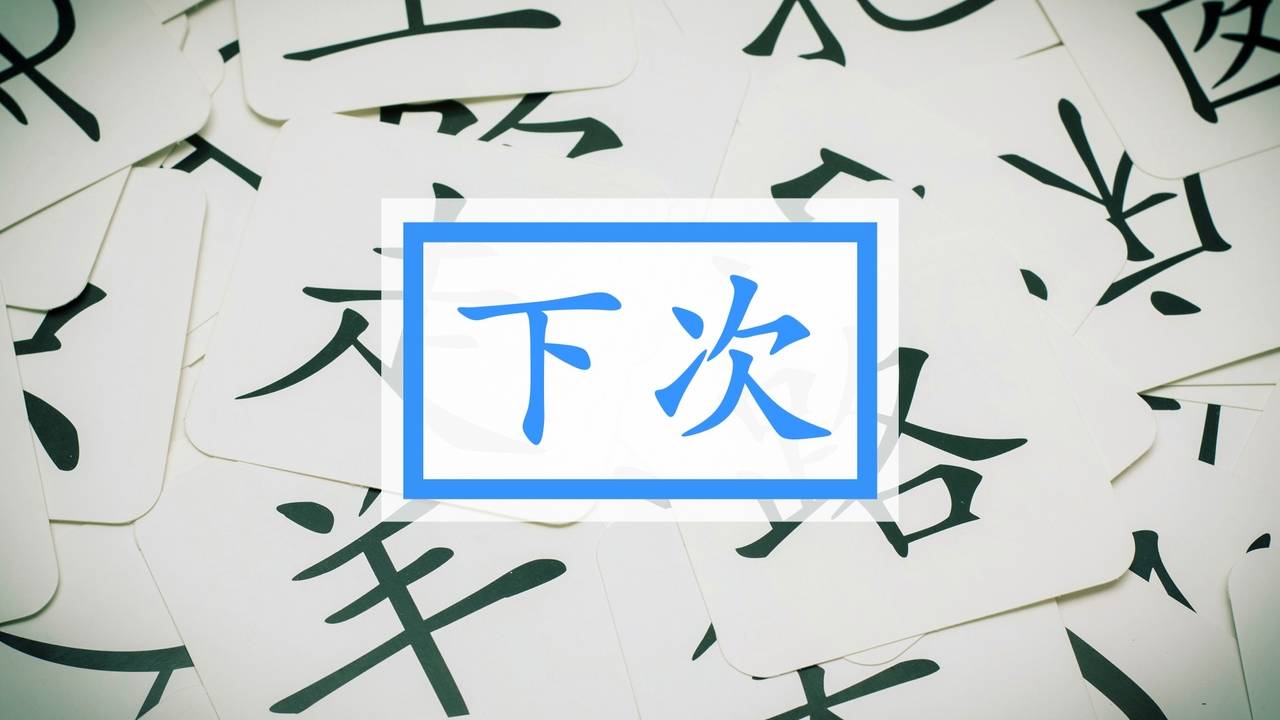
下次 in Context
12
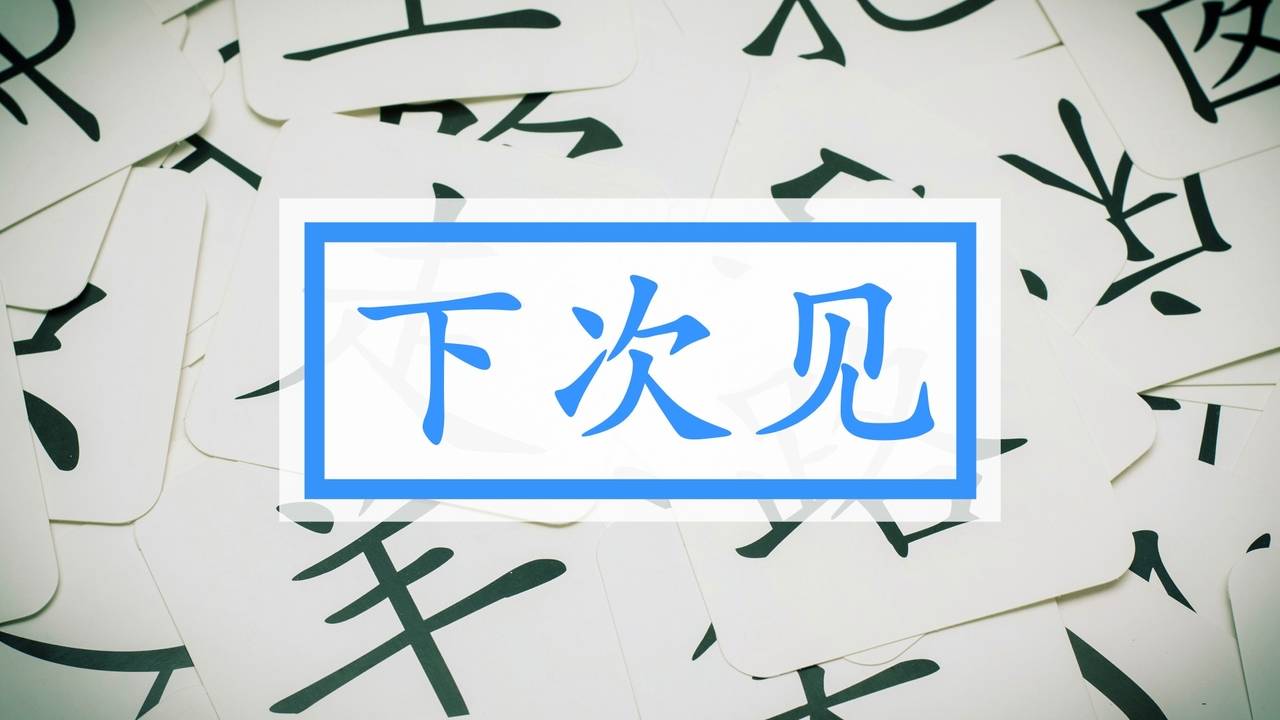
下次见 in Context
13

几次 in Context
14
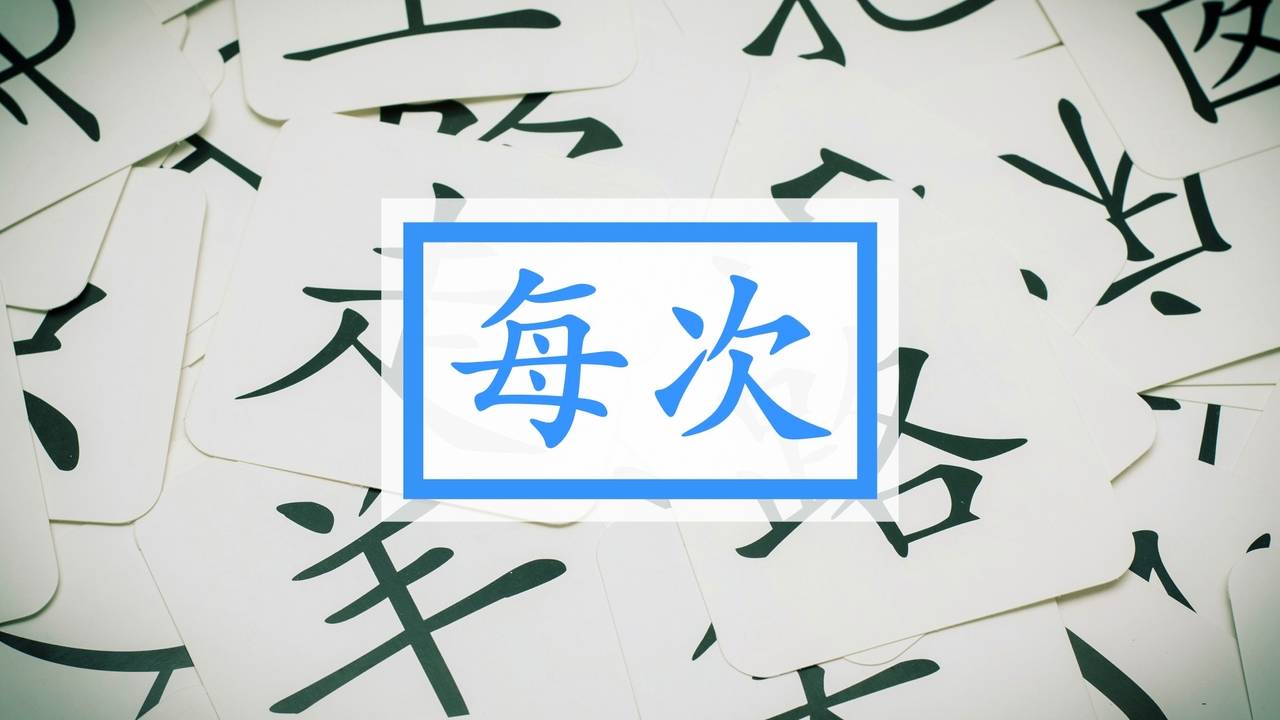
每次 in Context
15
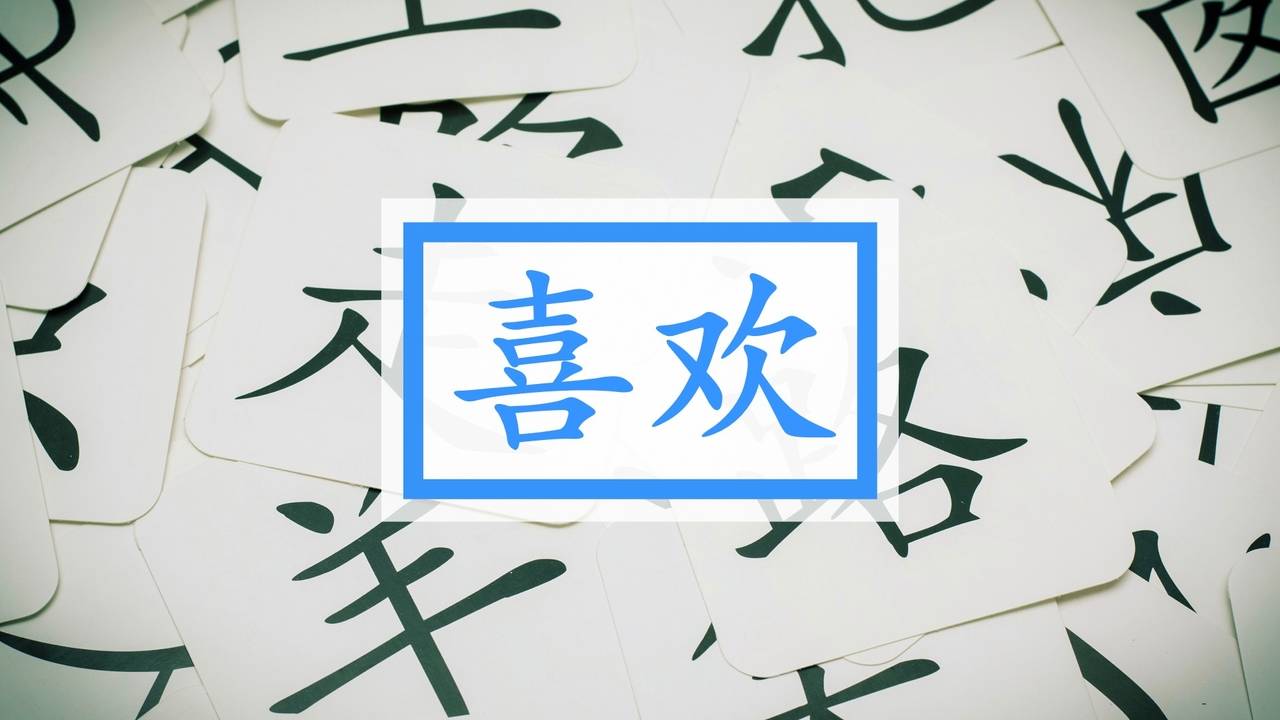
喜欢 in Context
16
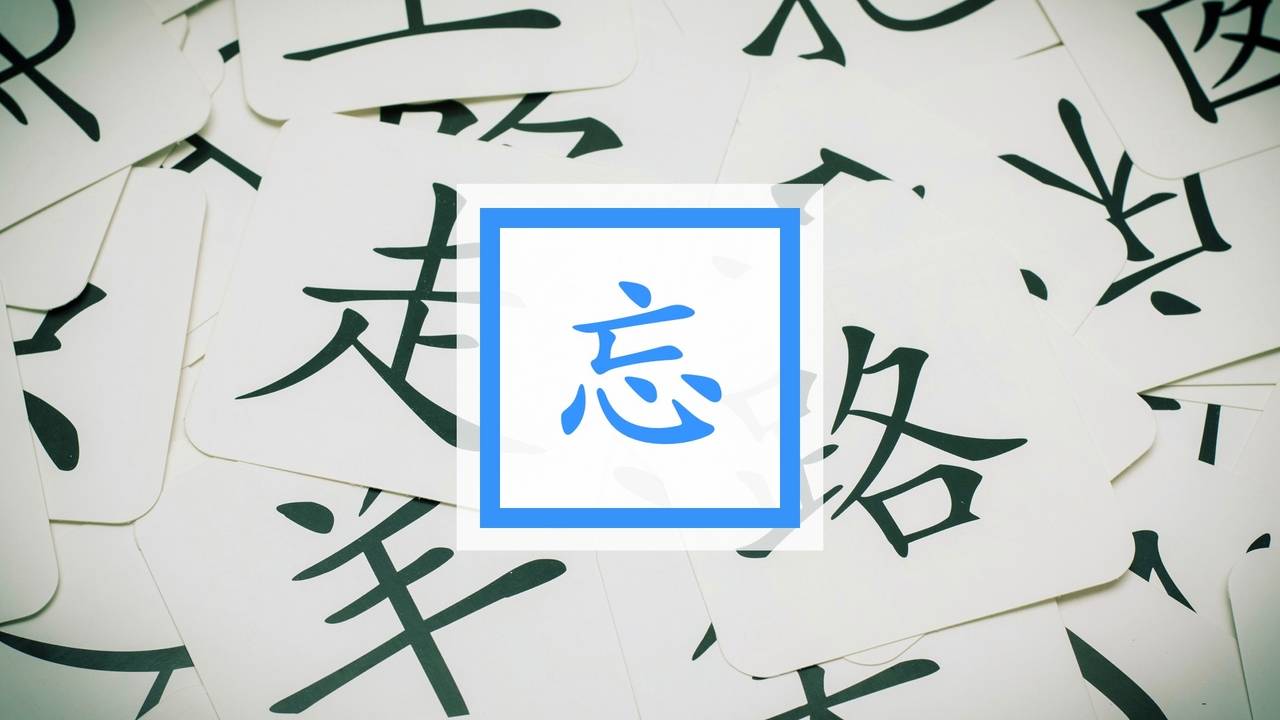
忘 in Context
17
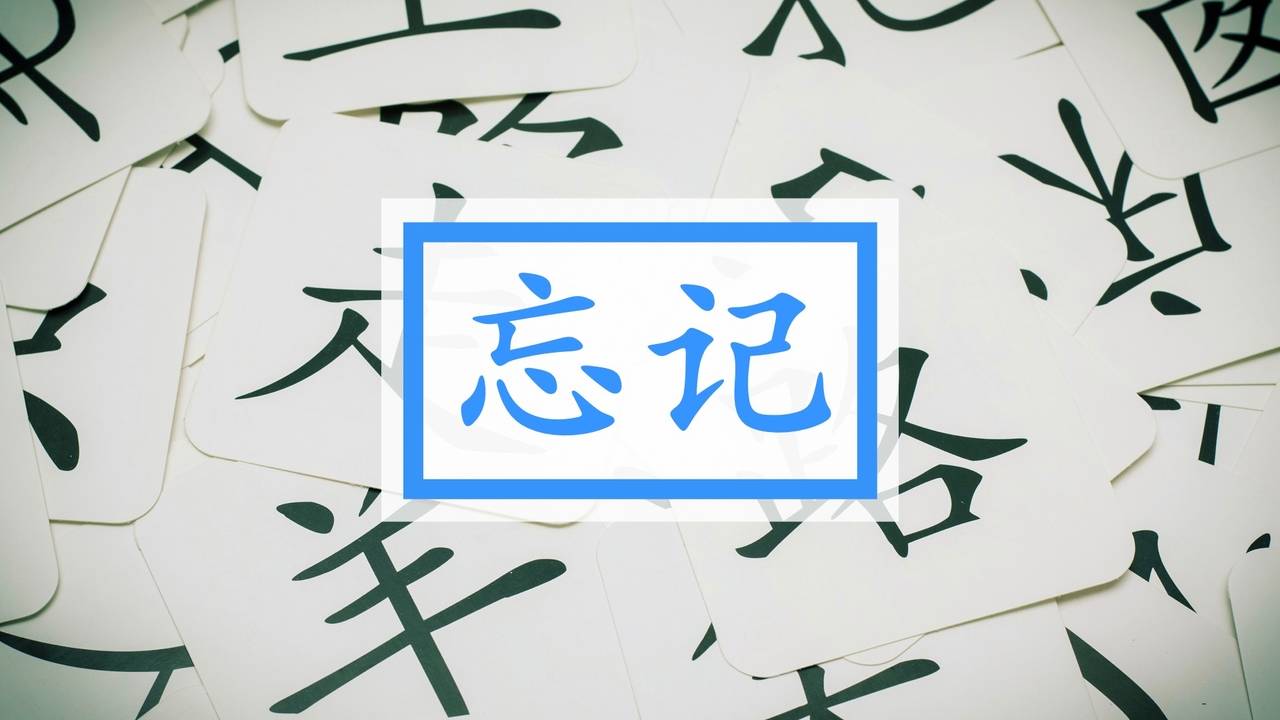
忘记 in Context
18
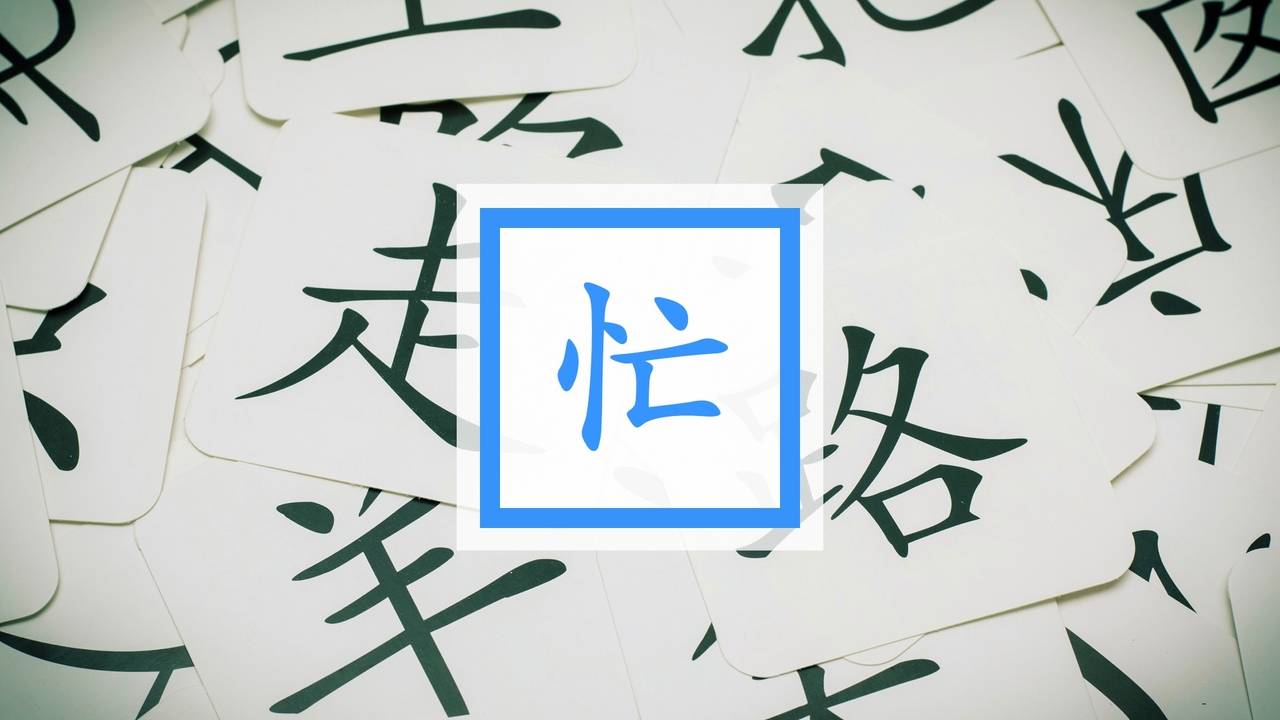
忙 in Context
19
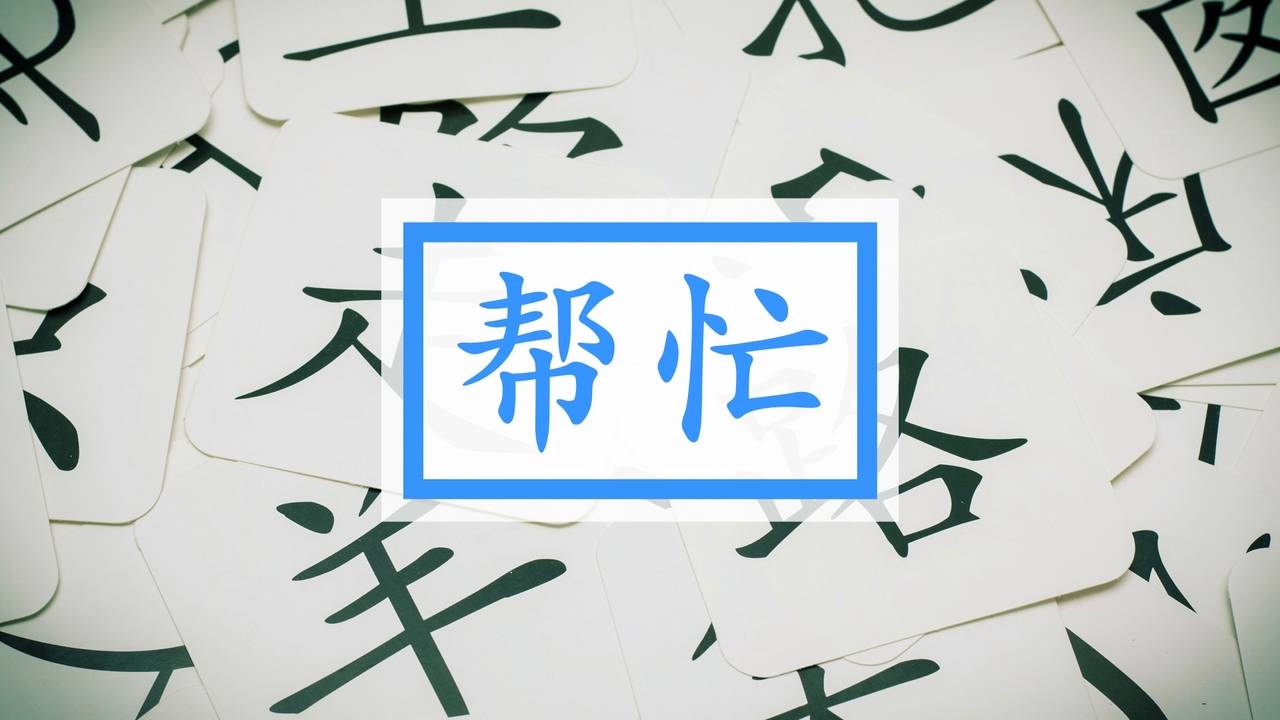
帮忙 in Context
20
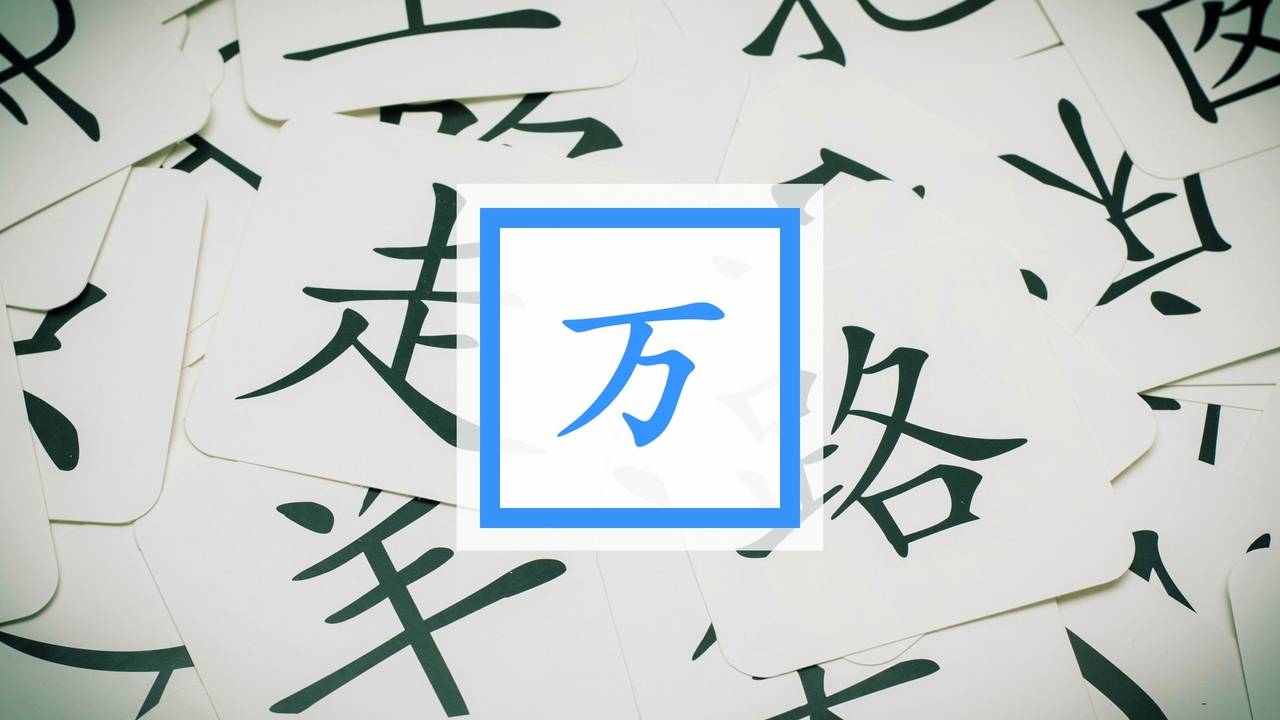
万 in Context
21
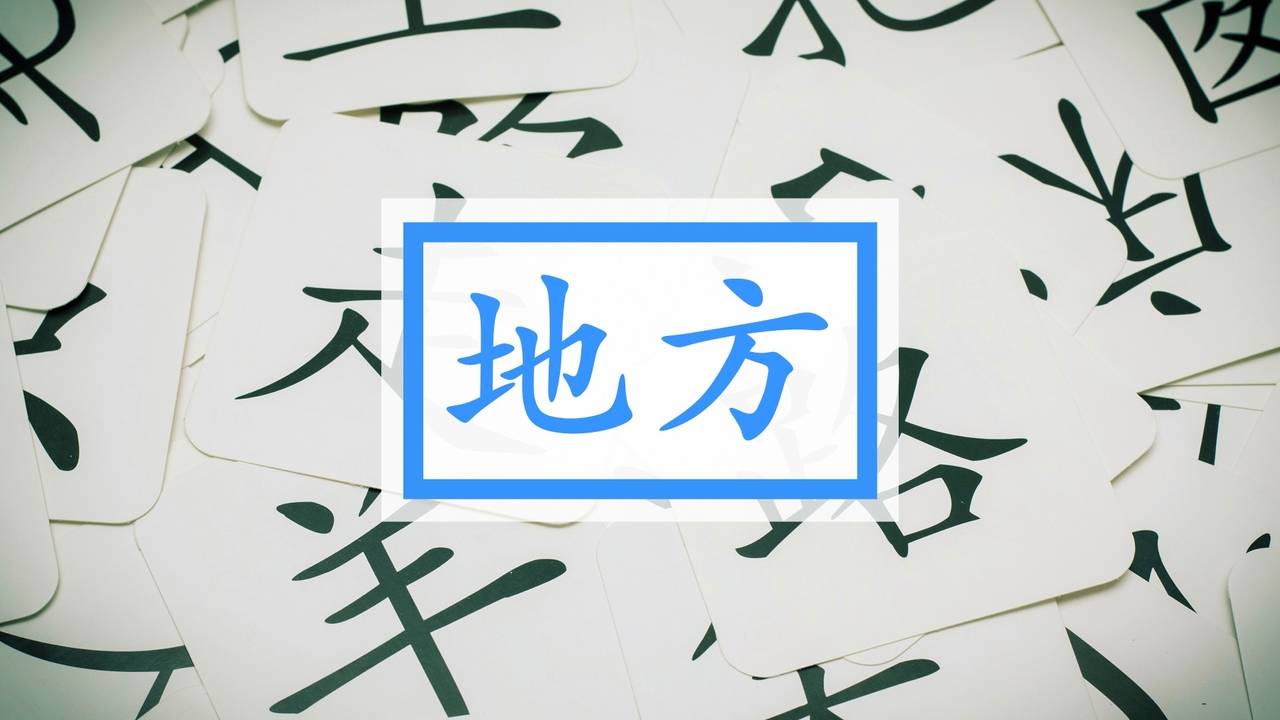
地方 in Context
22
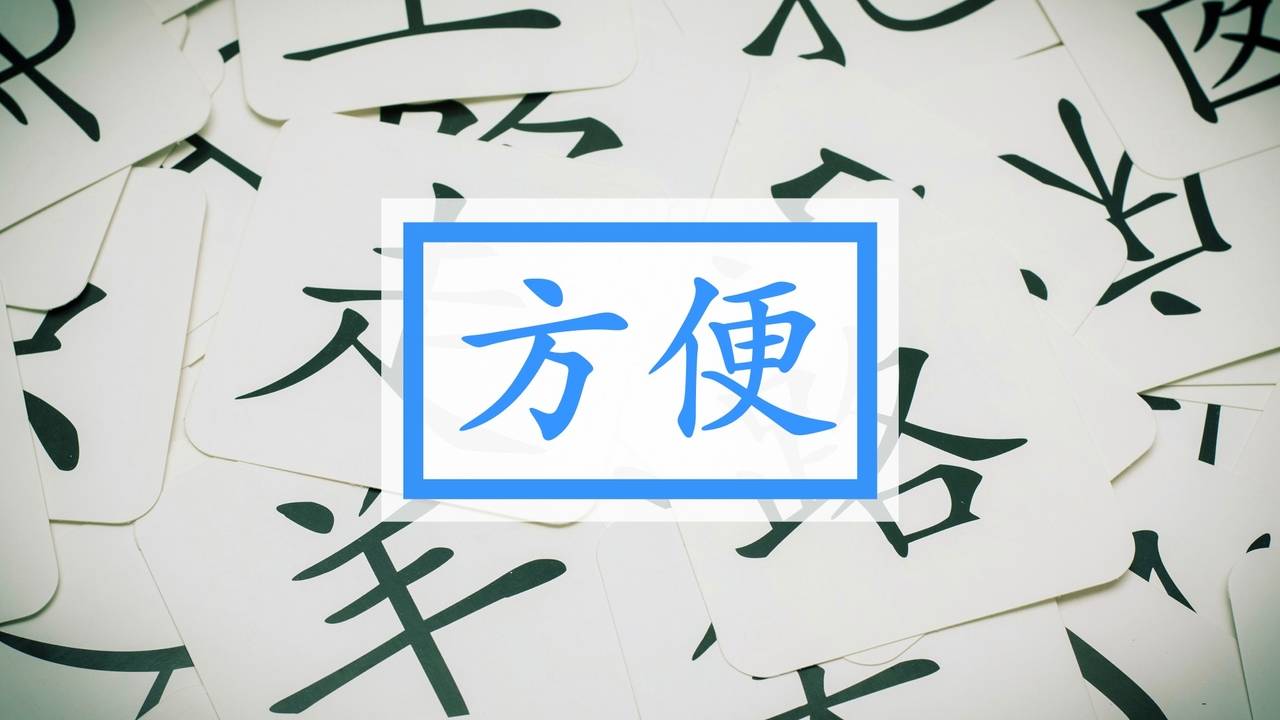
方便 in Context
23
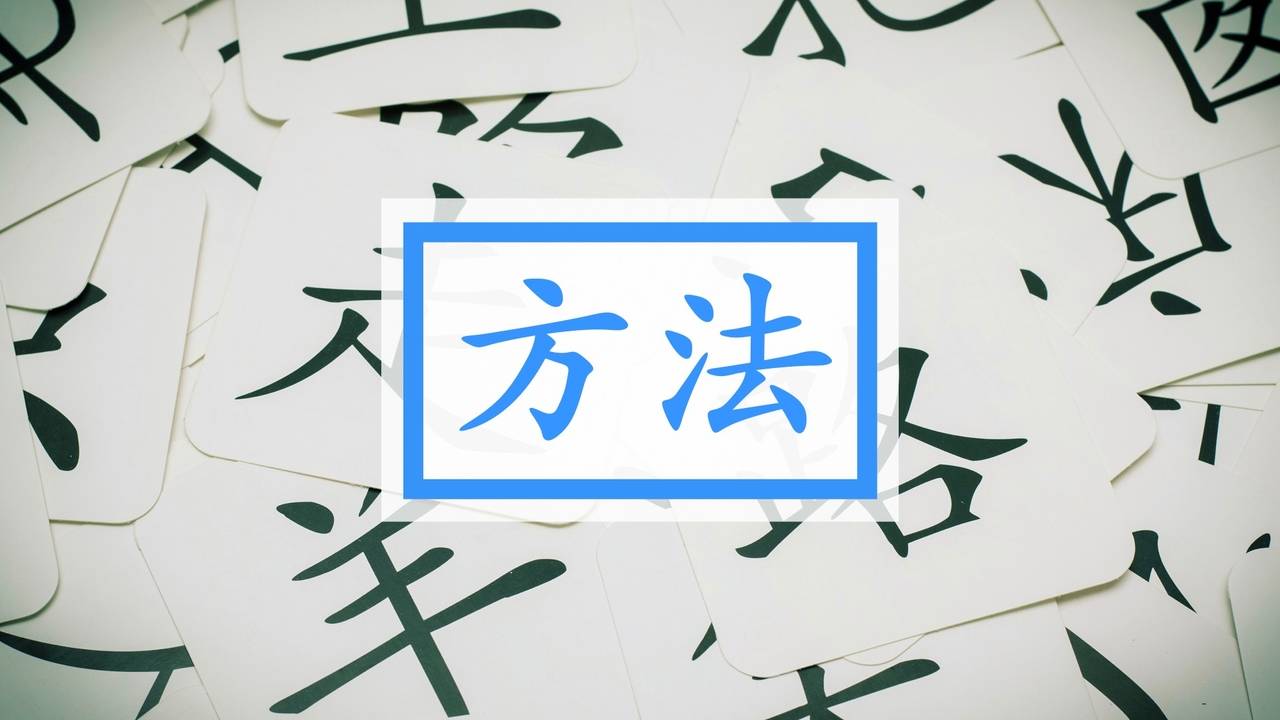
方法 in Context
24
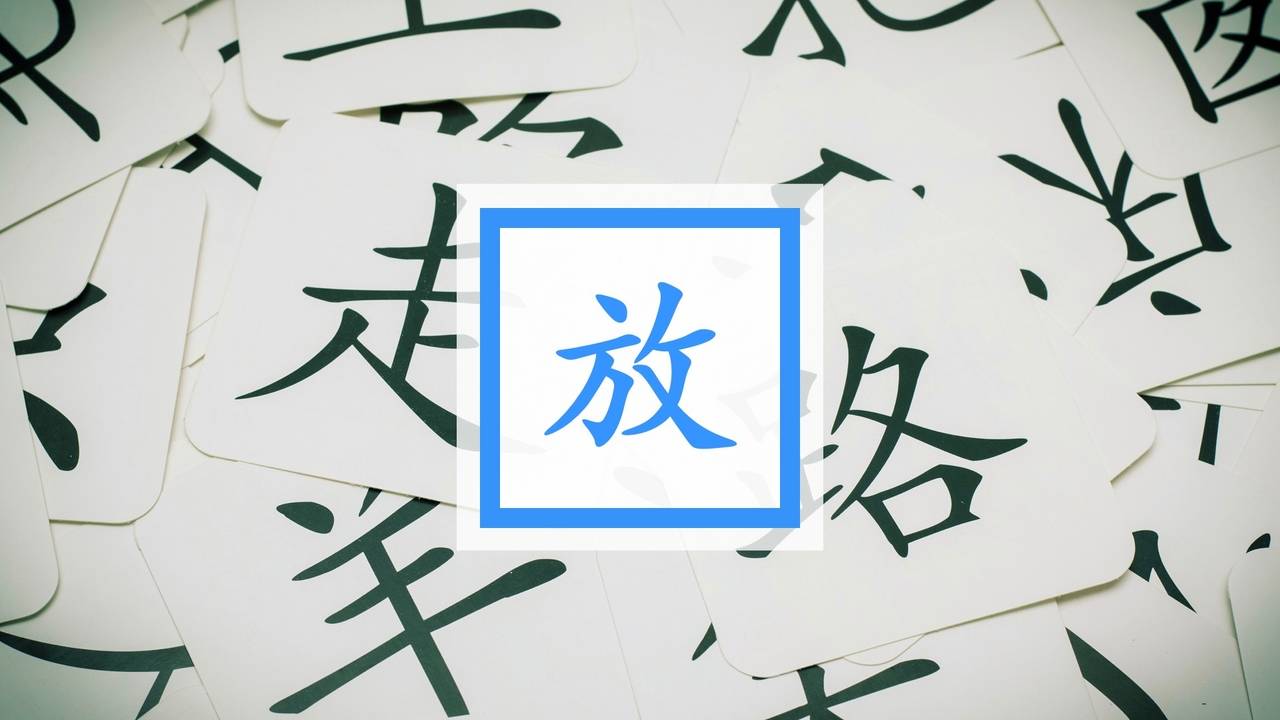
放 in Context
25
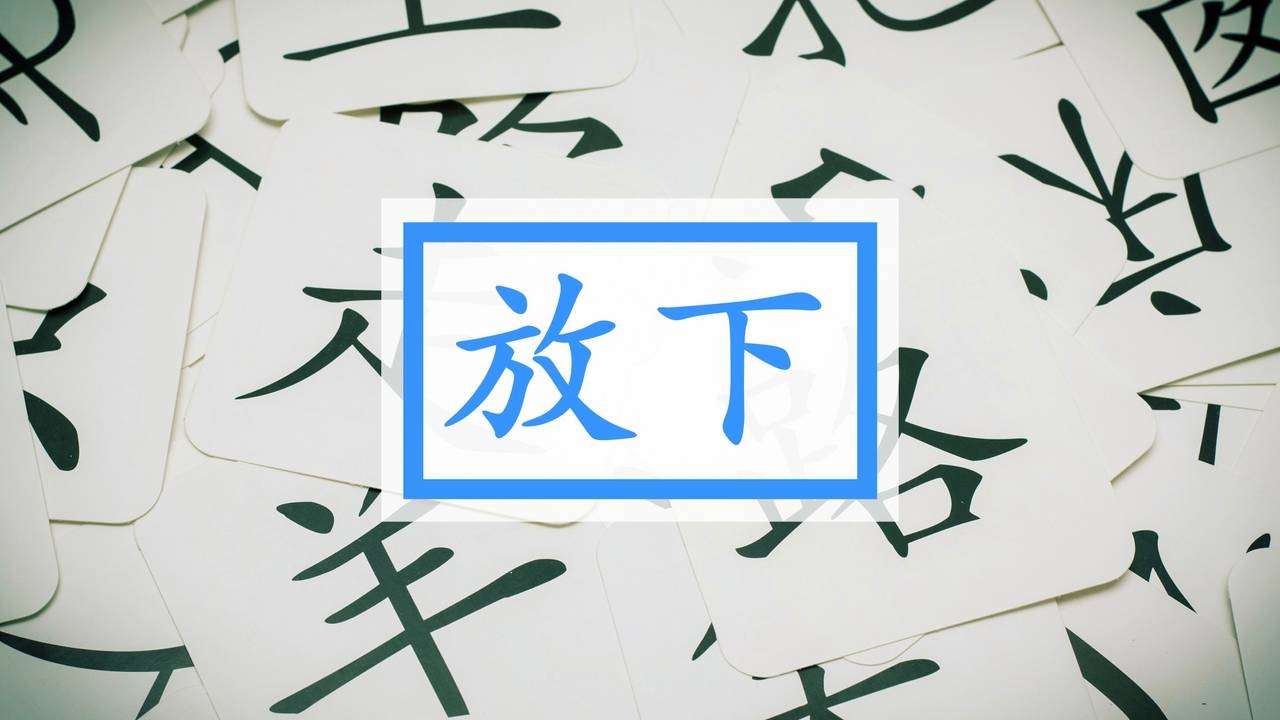
放下 in Context
26
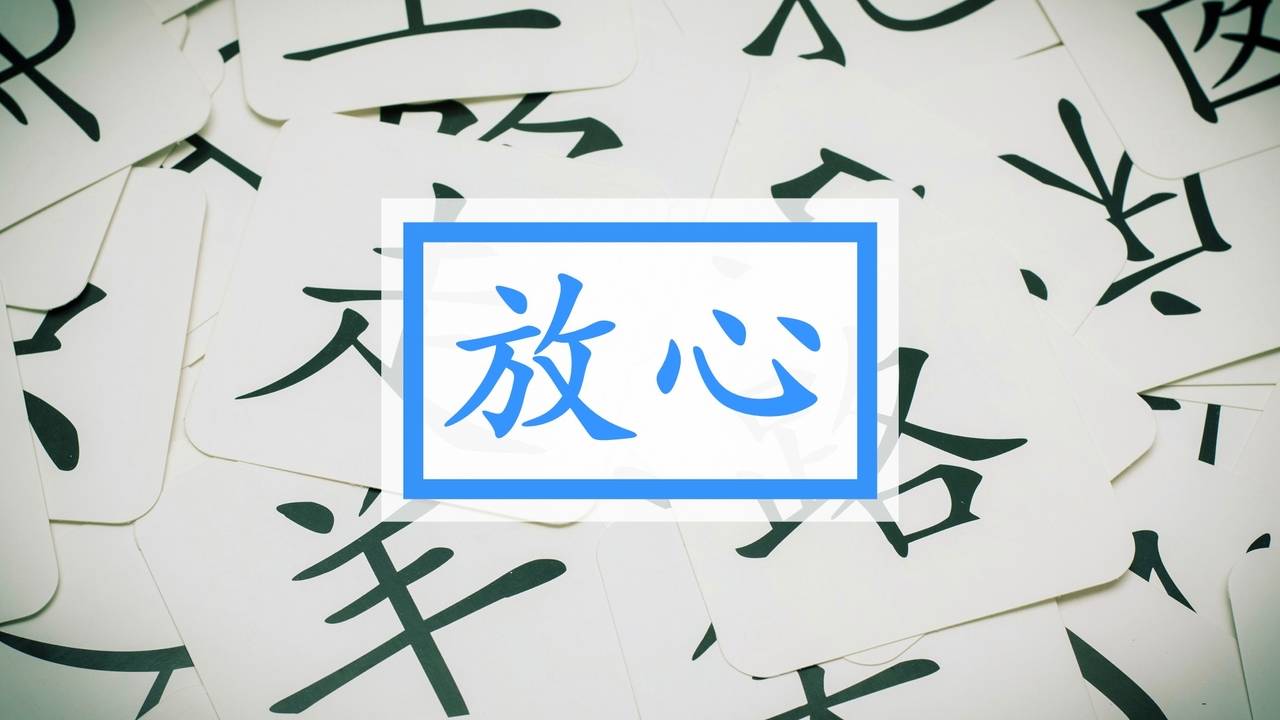
放心 in Context
27
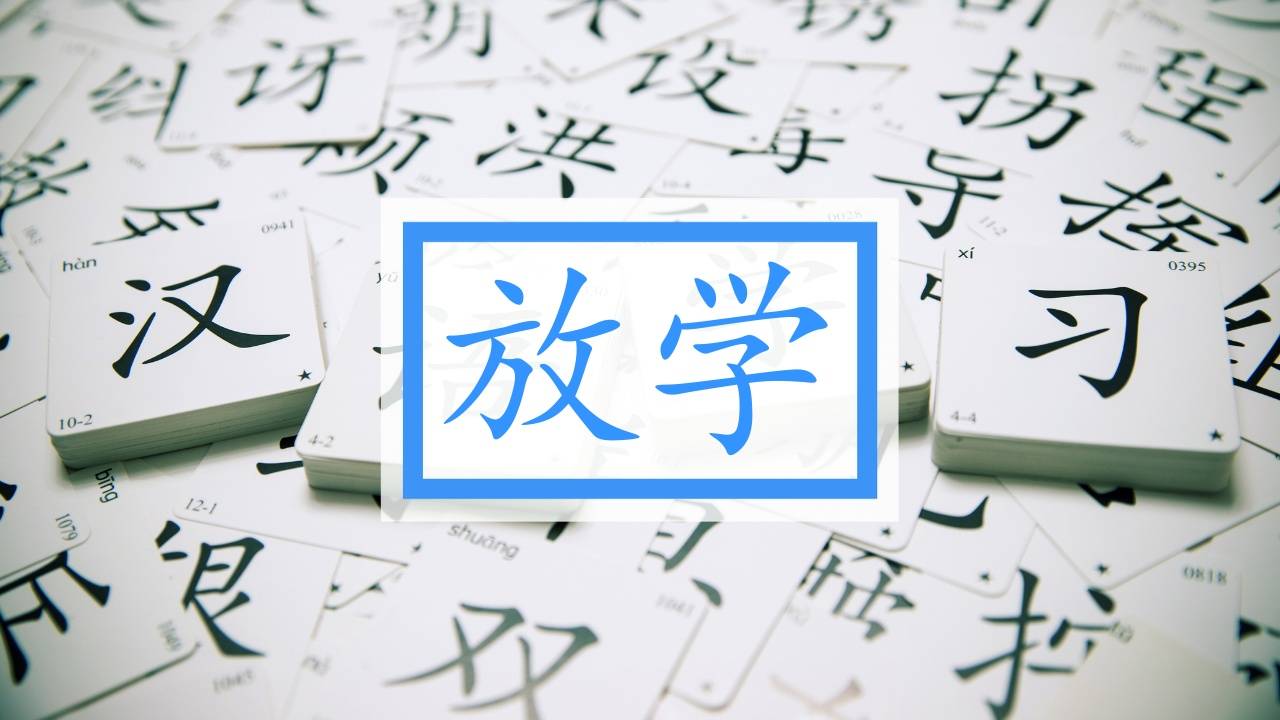
放学 in Context
28

房子 in Context
29
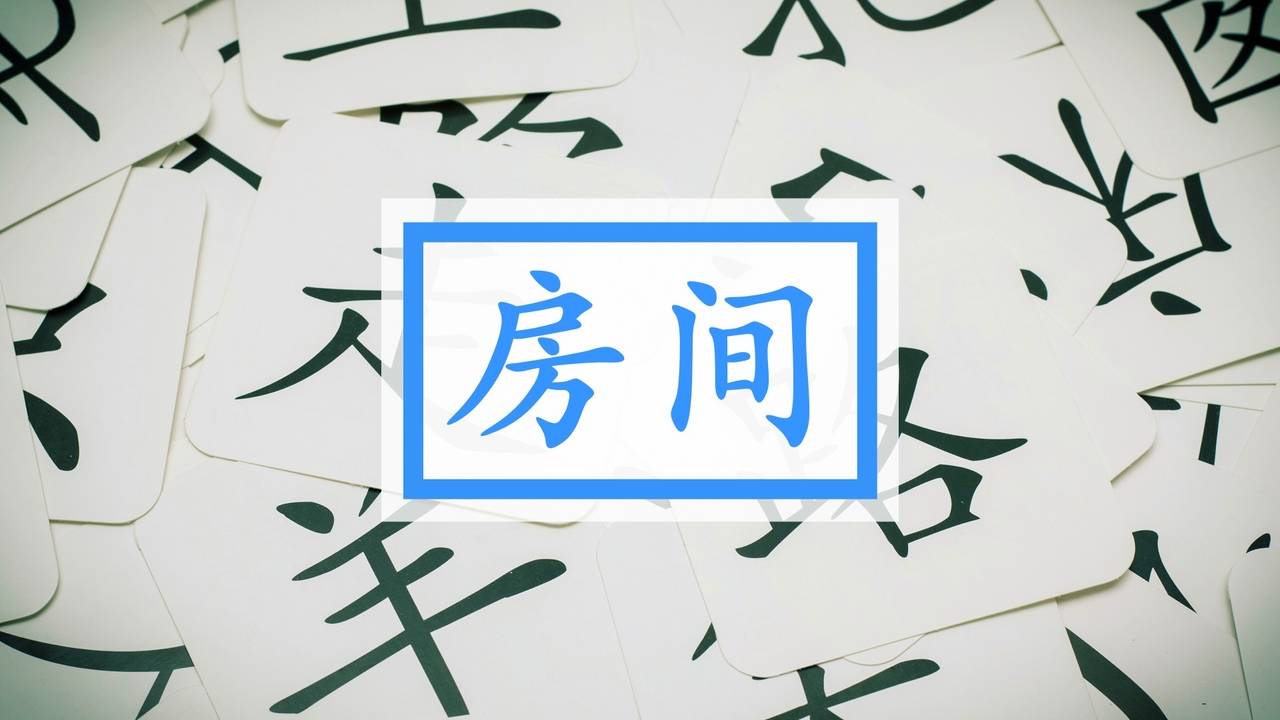
房间 in Context
30
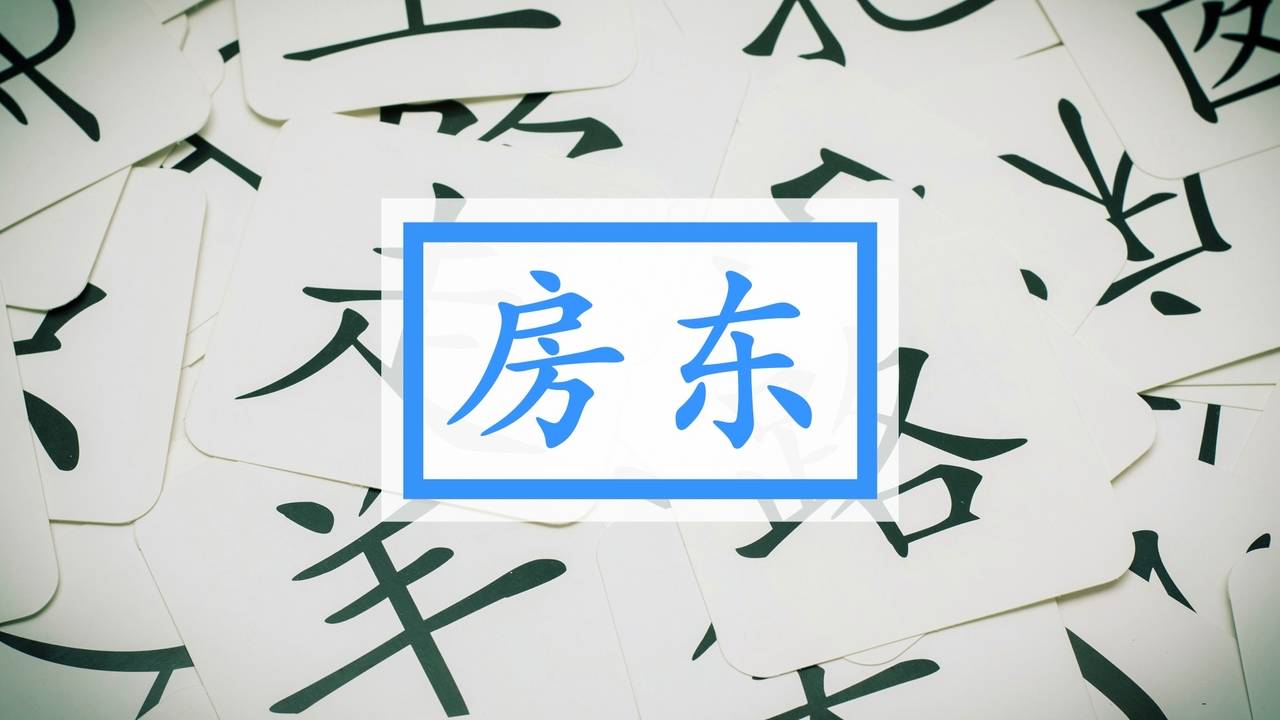
房东 in Context
31
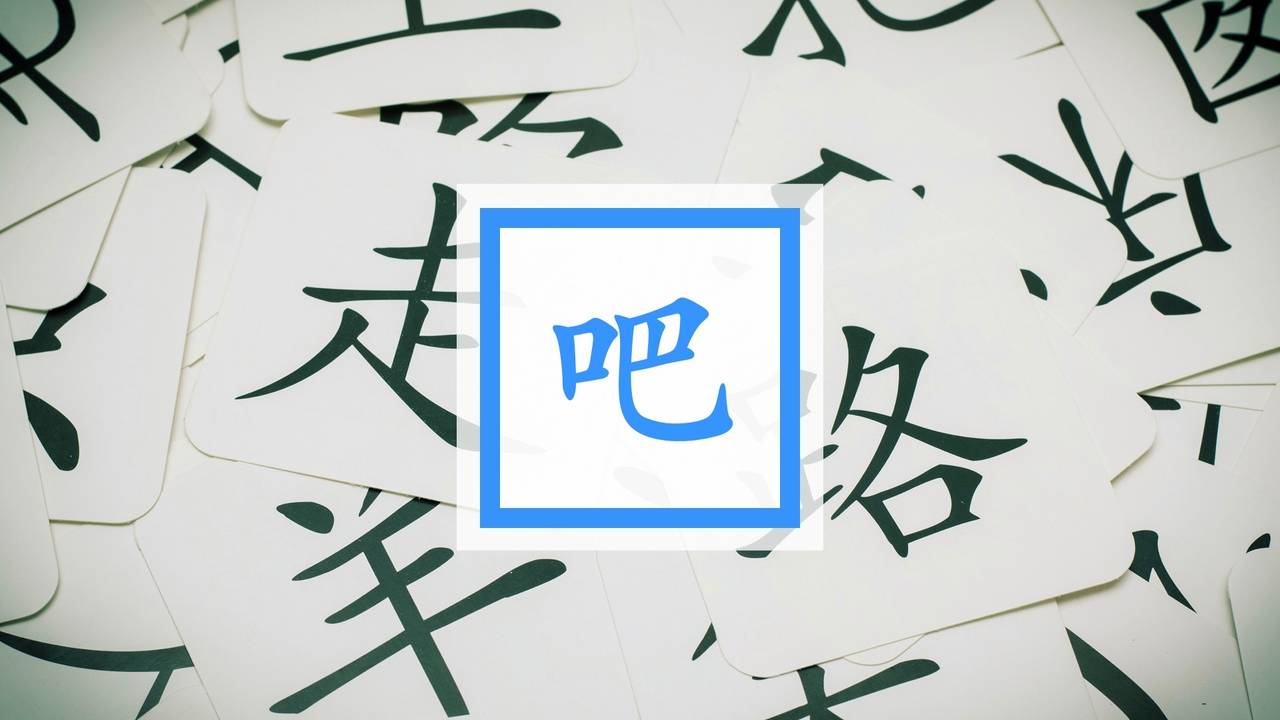
吧 in Context
32
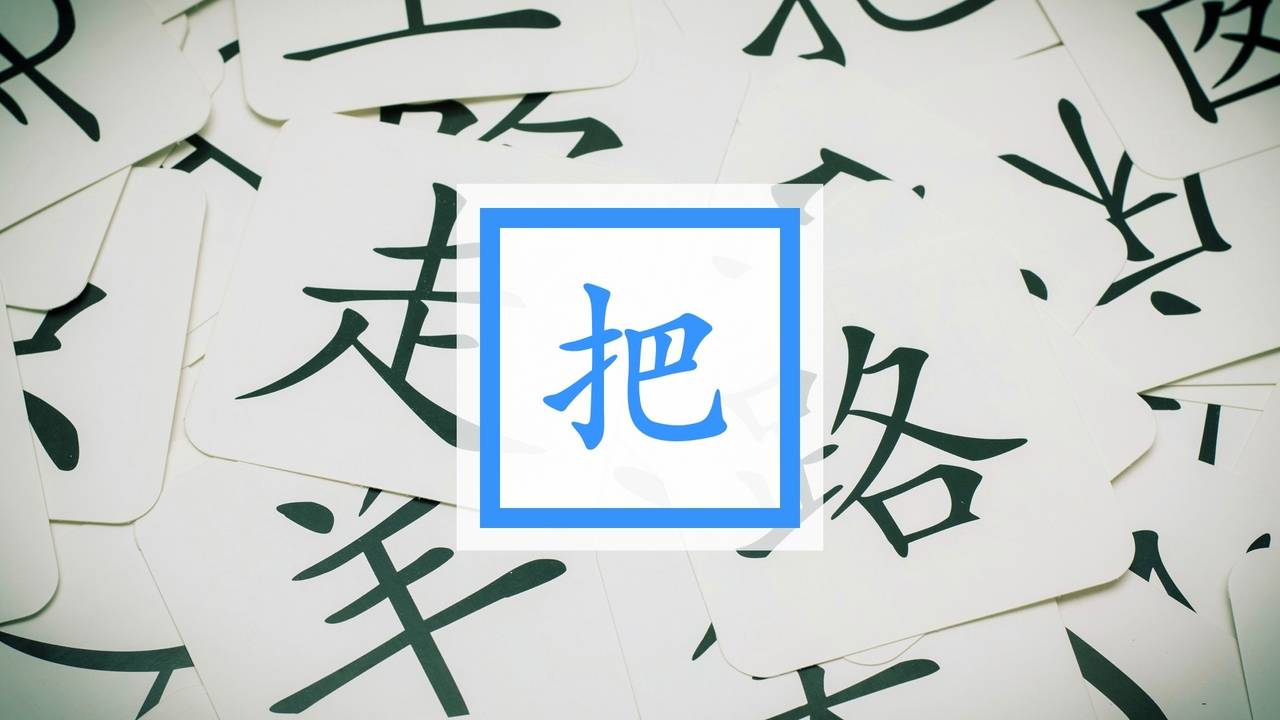
把 in Context
33
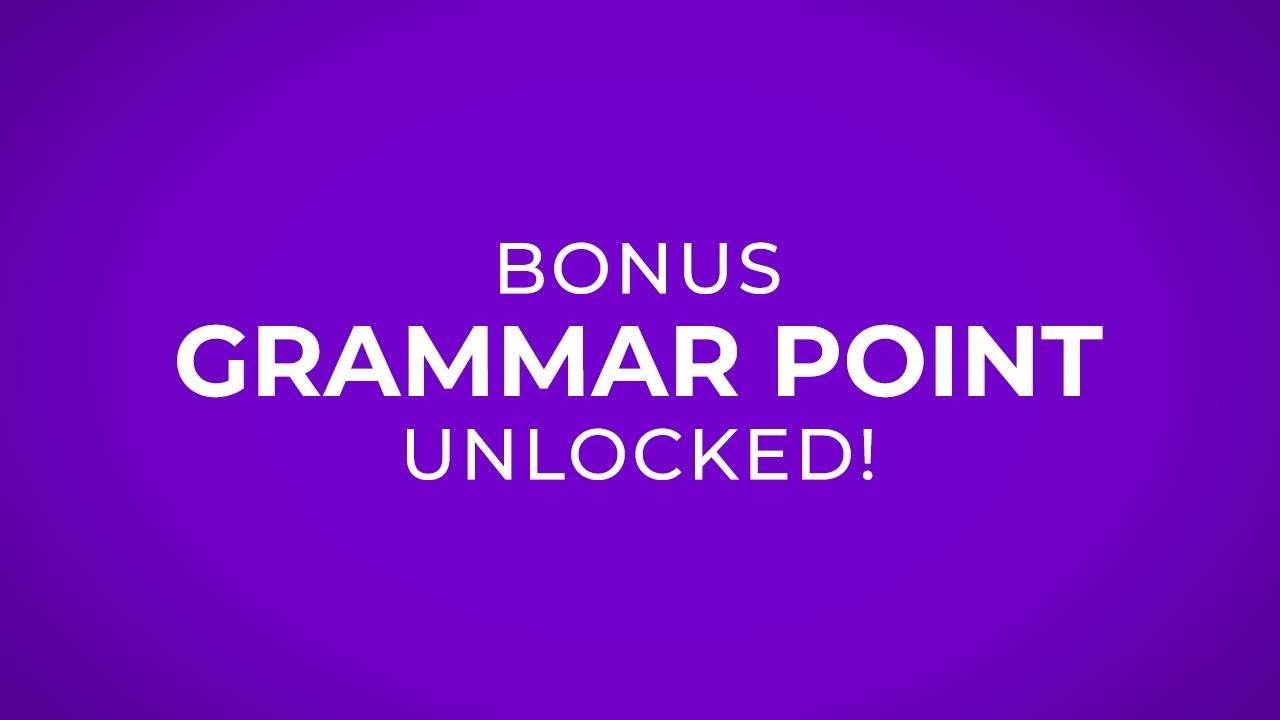
BONUS: Special - How to Use 把 bǎ in Chinese
34
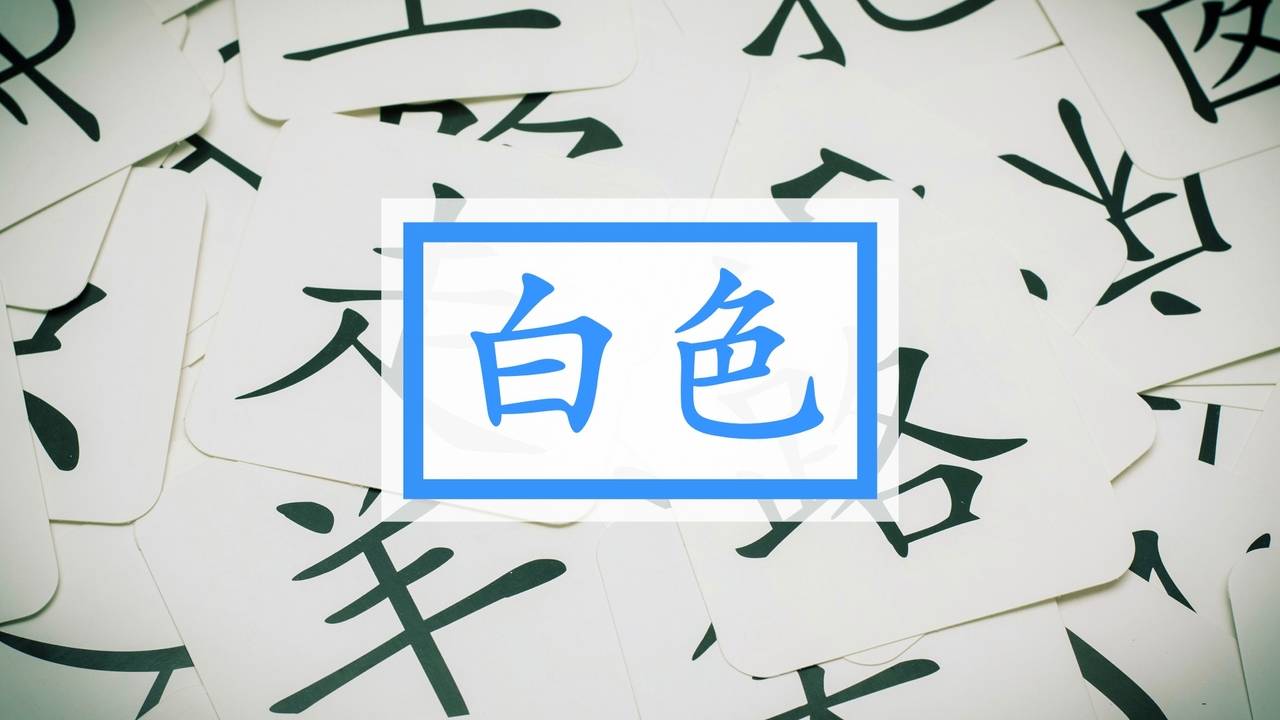
白色 in Context
35
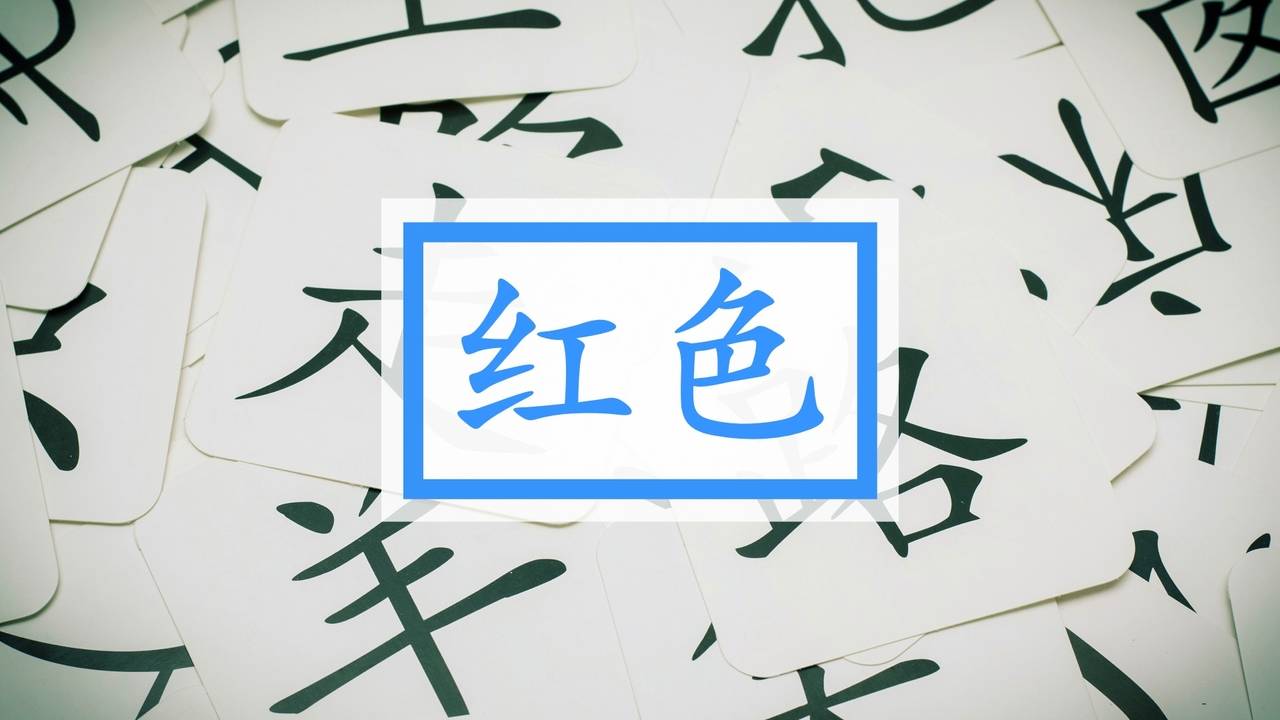
红色 in Context
36
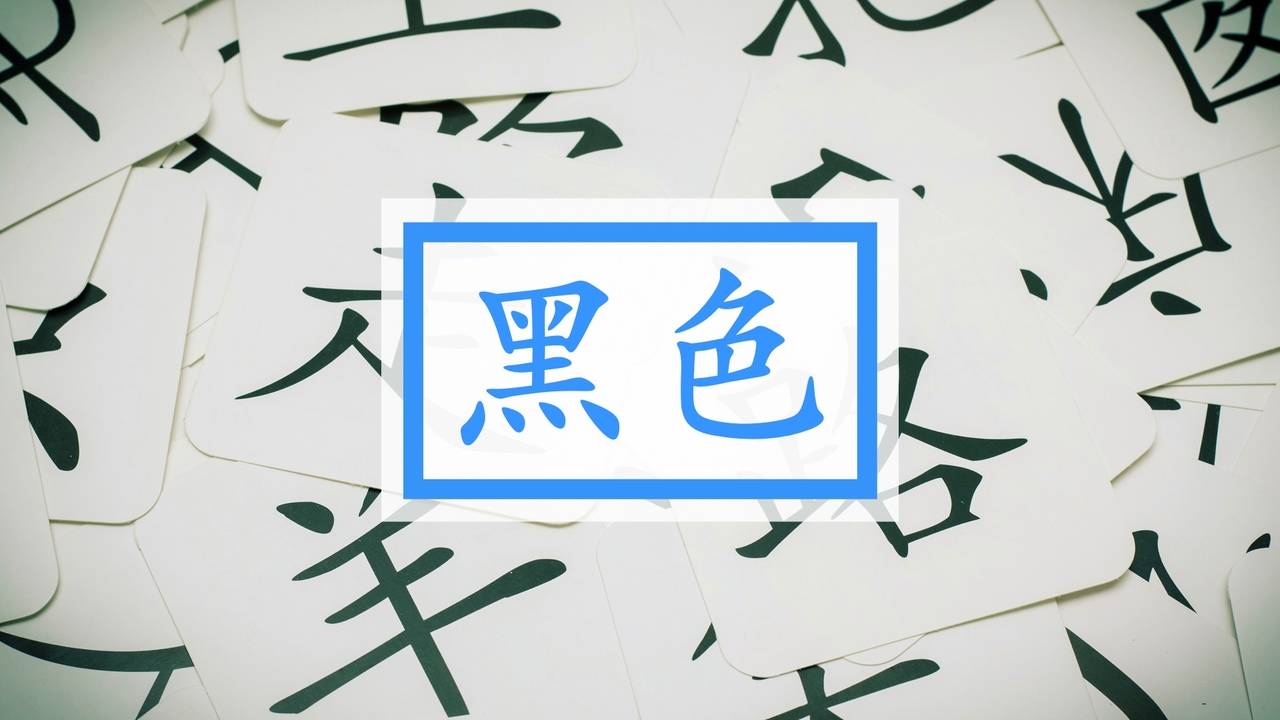
黑色 in Context
37
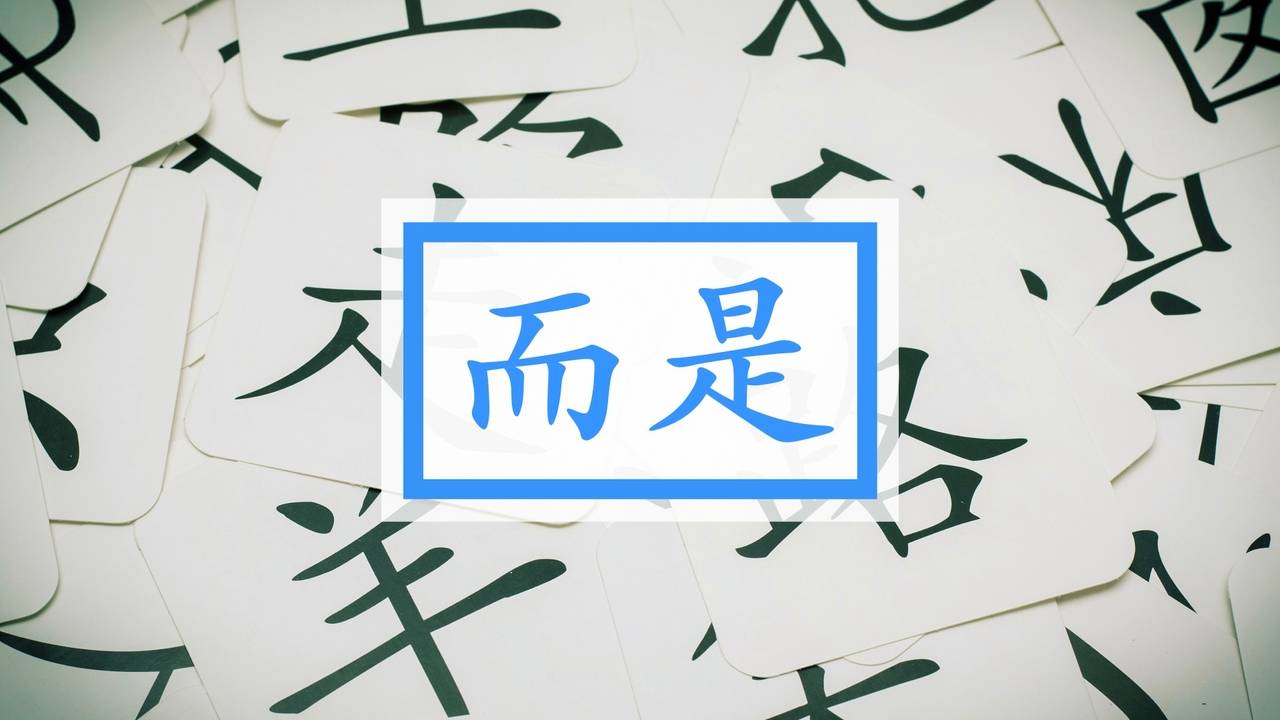
而是 in Context
38
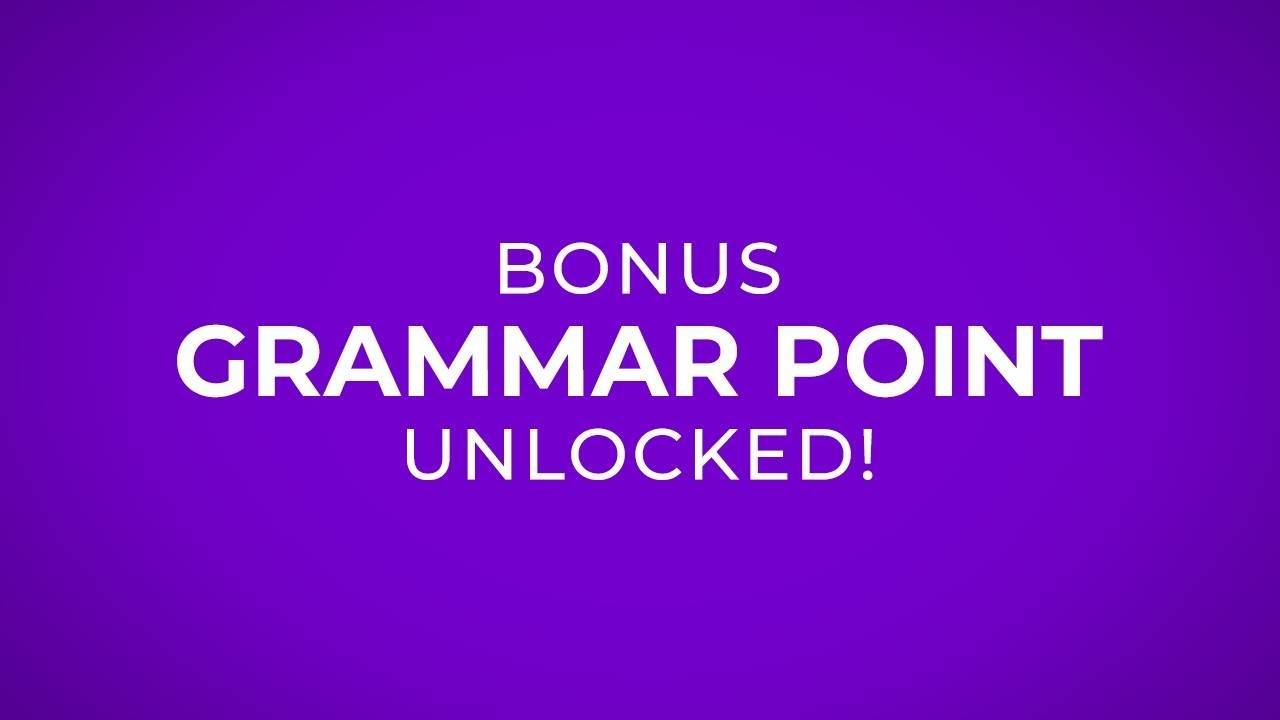
BONUS: Connector - Expressing 'Not This, Instead That' with 不是..., 而是...
39
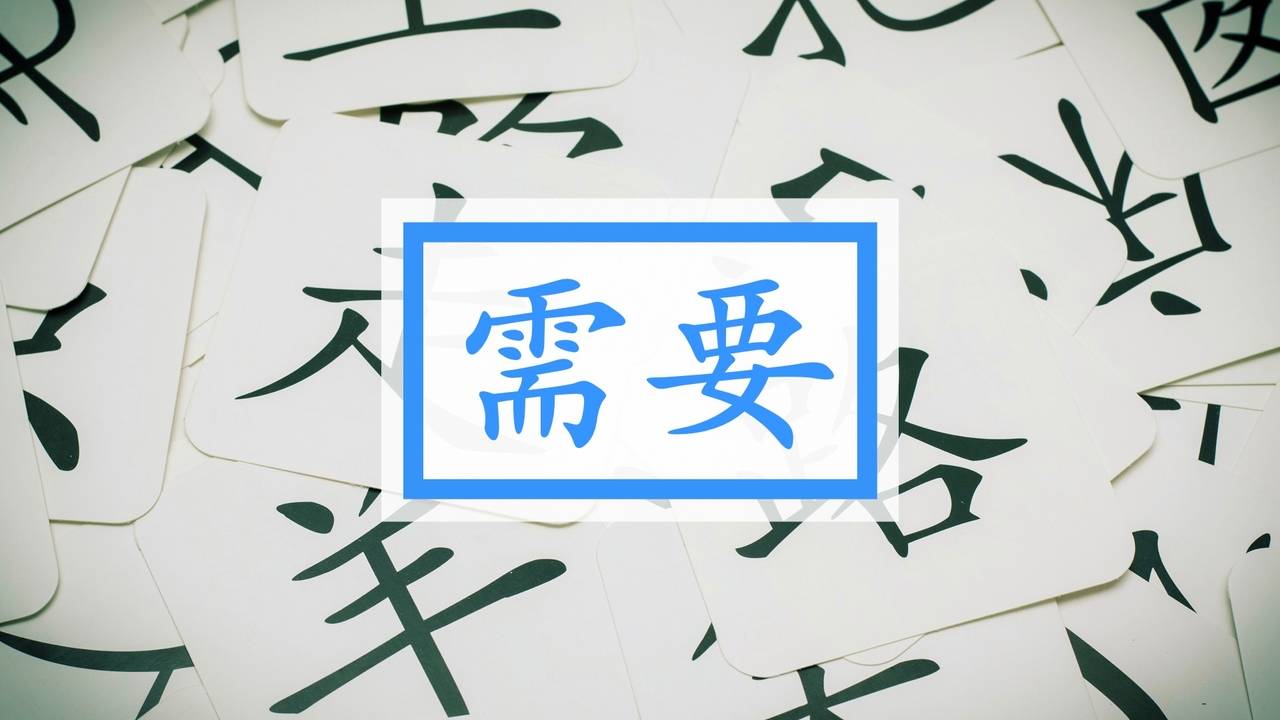
需要 in Context
Next Character
几次 in Context
CONGRATULATIONS!
A NEW WORD HAS BEEN UNLOCKED
几次
Usage 1 - "a few times":
Sentence:
你去年出国几次?
English:
How many times did you go abroad last year?
Need a Reminder?
The Six Steps to Learning Words



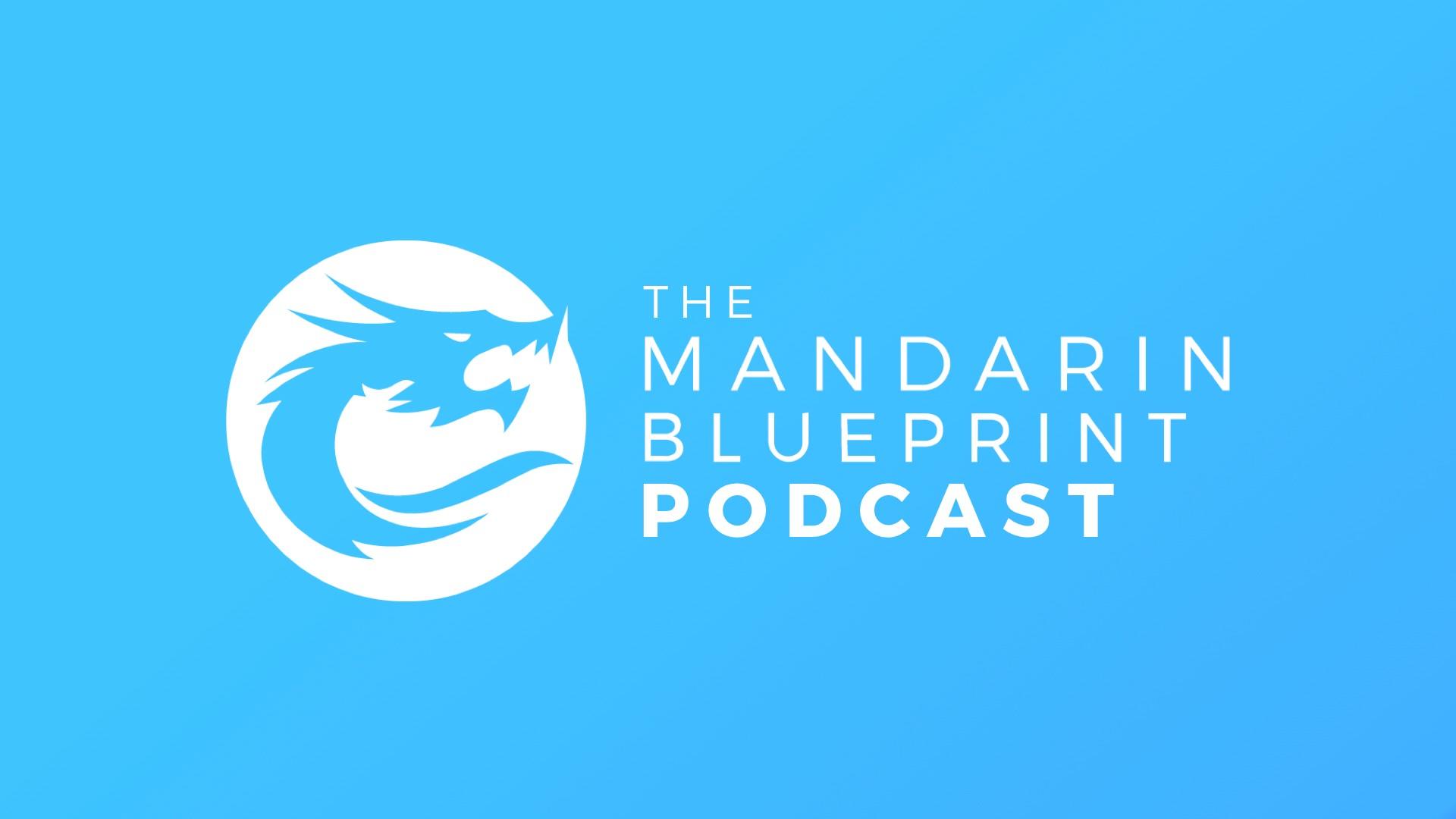
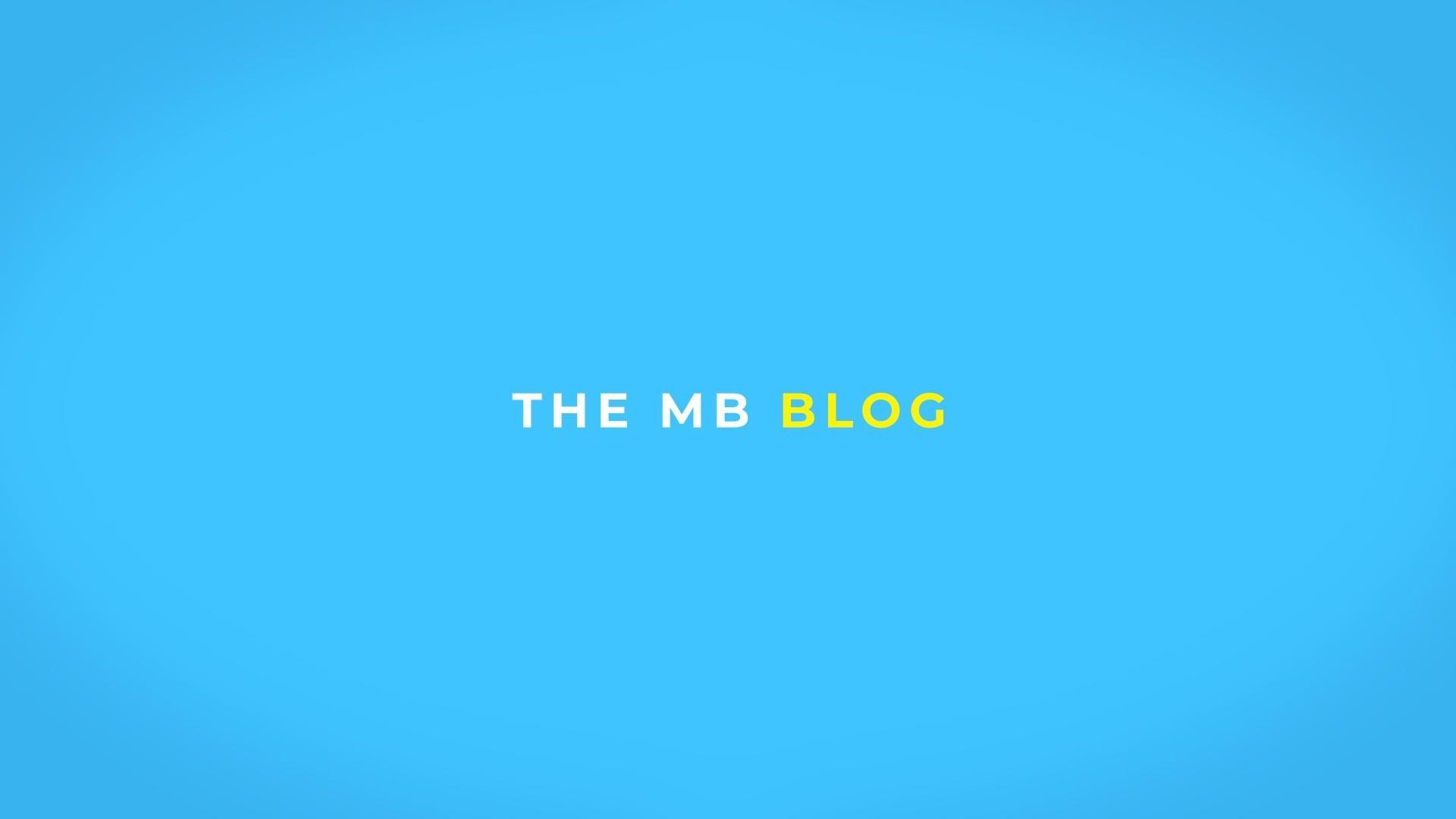
Jason Pon
Is this although technically a statement?
你去年出国几次
"You went abroad a few times last year."
Aside from context, would it also be more clearly expressed with a 呢?
Also - If this was to be a yes/no question, would 吗 do the trick?
Mandarin Blueprint
If you added 呢, then it would definitely be a question and thus change the meaning to "How many times did you go abroad last year?" By adding "吗” instead of "呢," you'd be changing the meaning to "Did you go abroad a few times last year?"